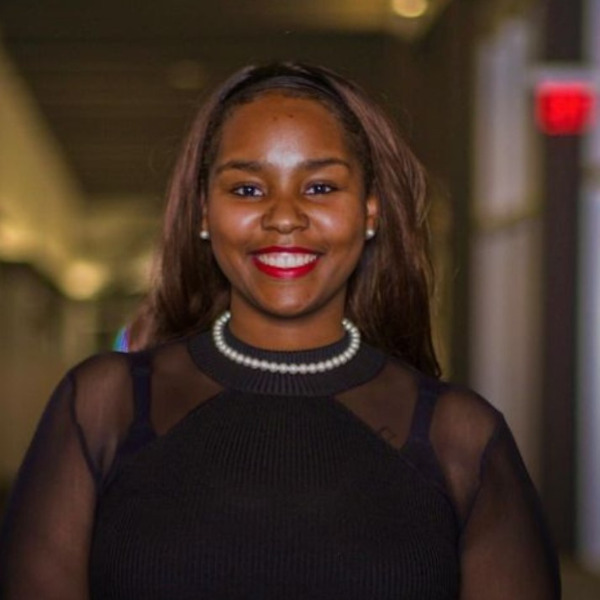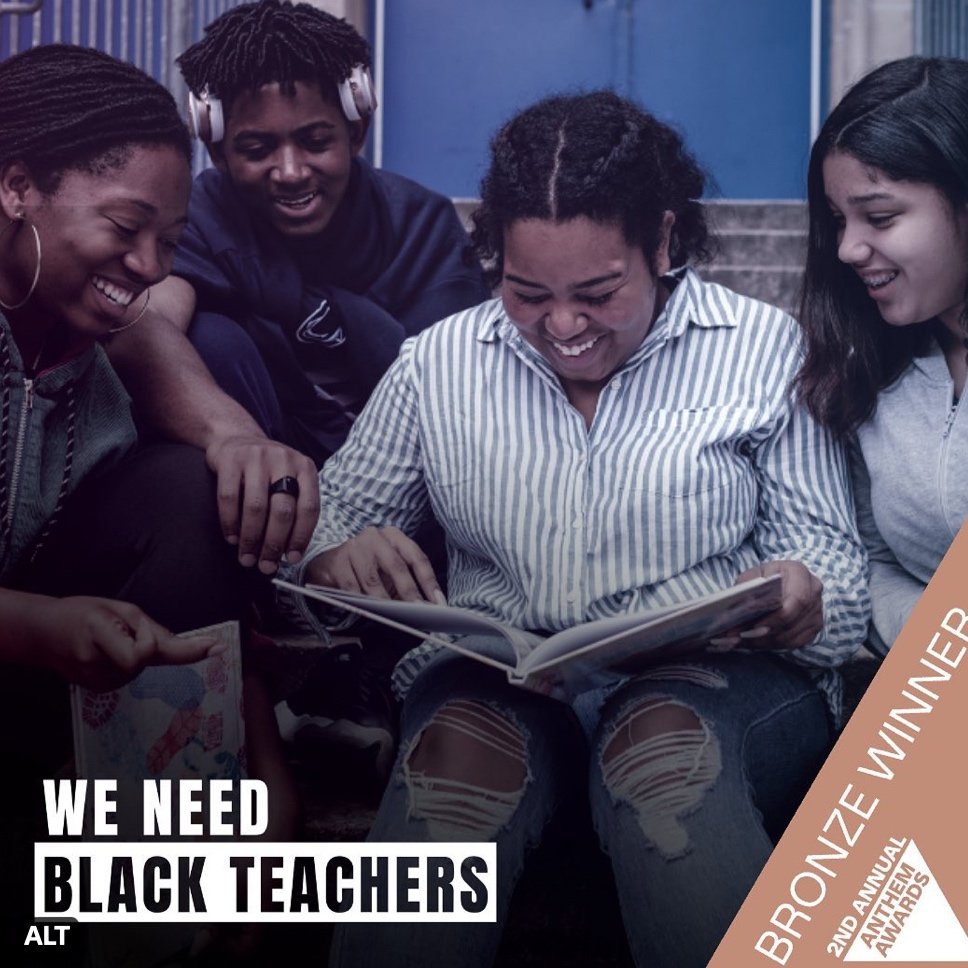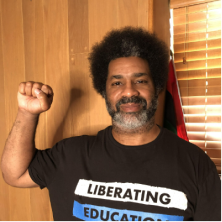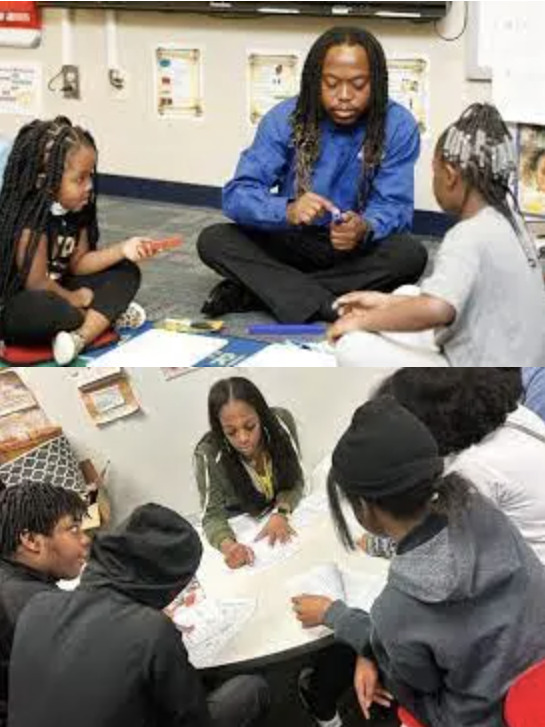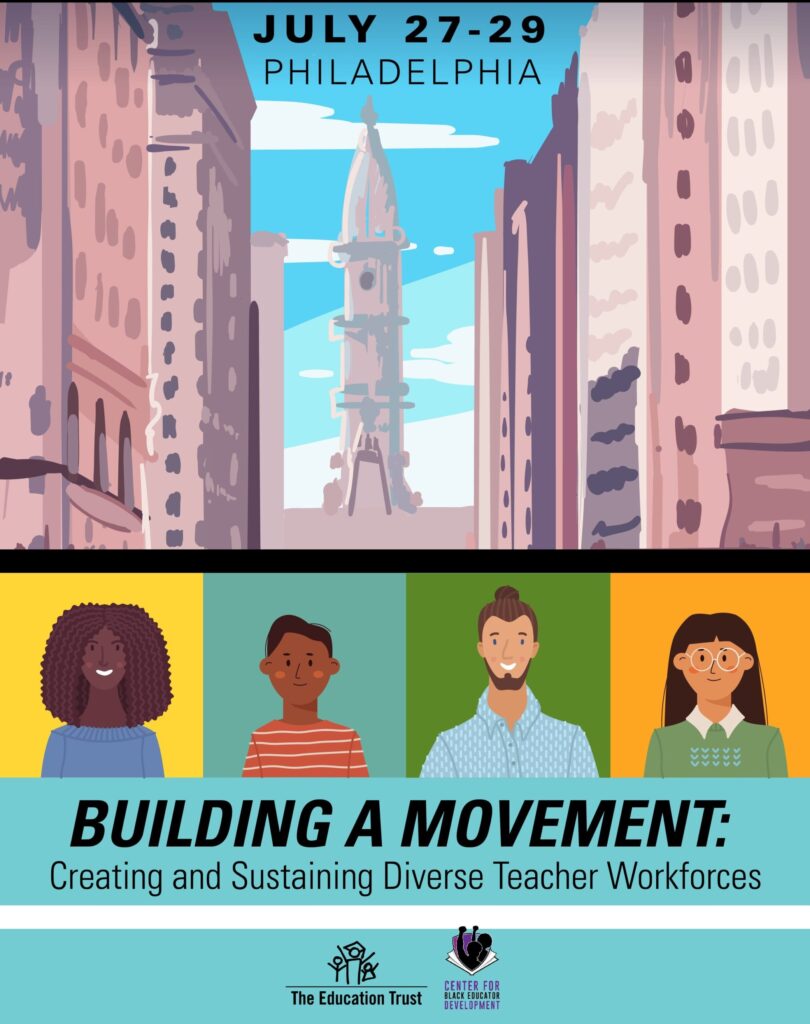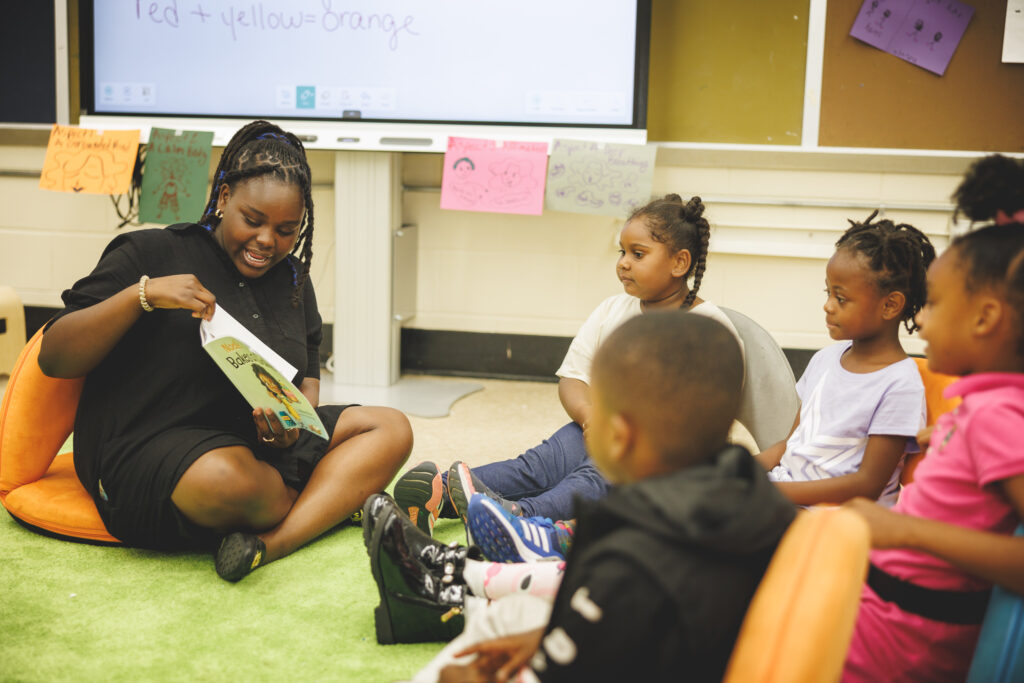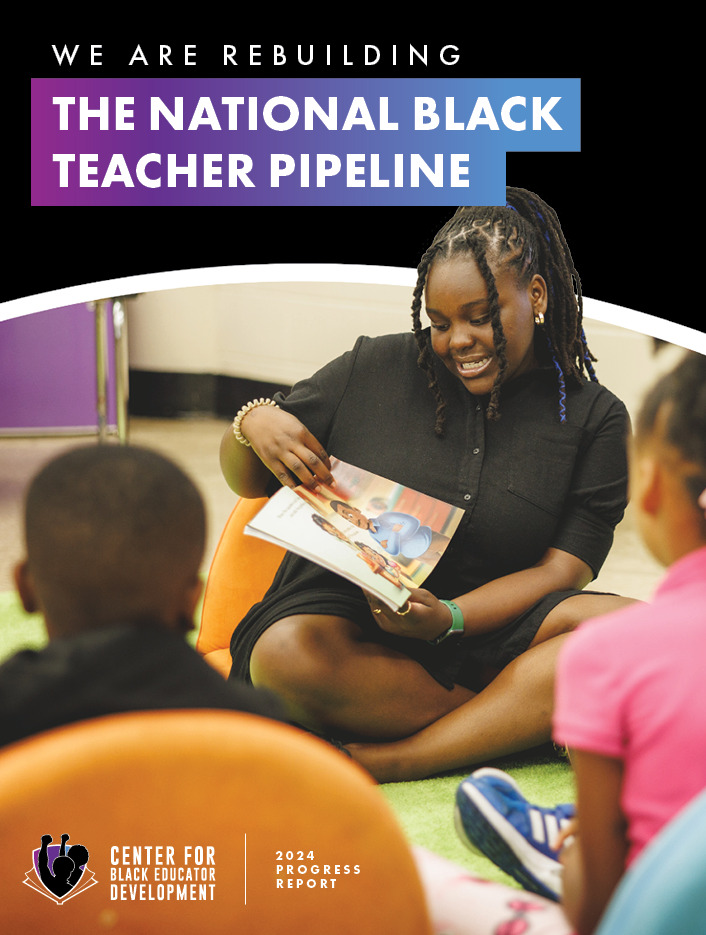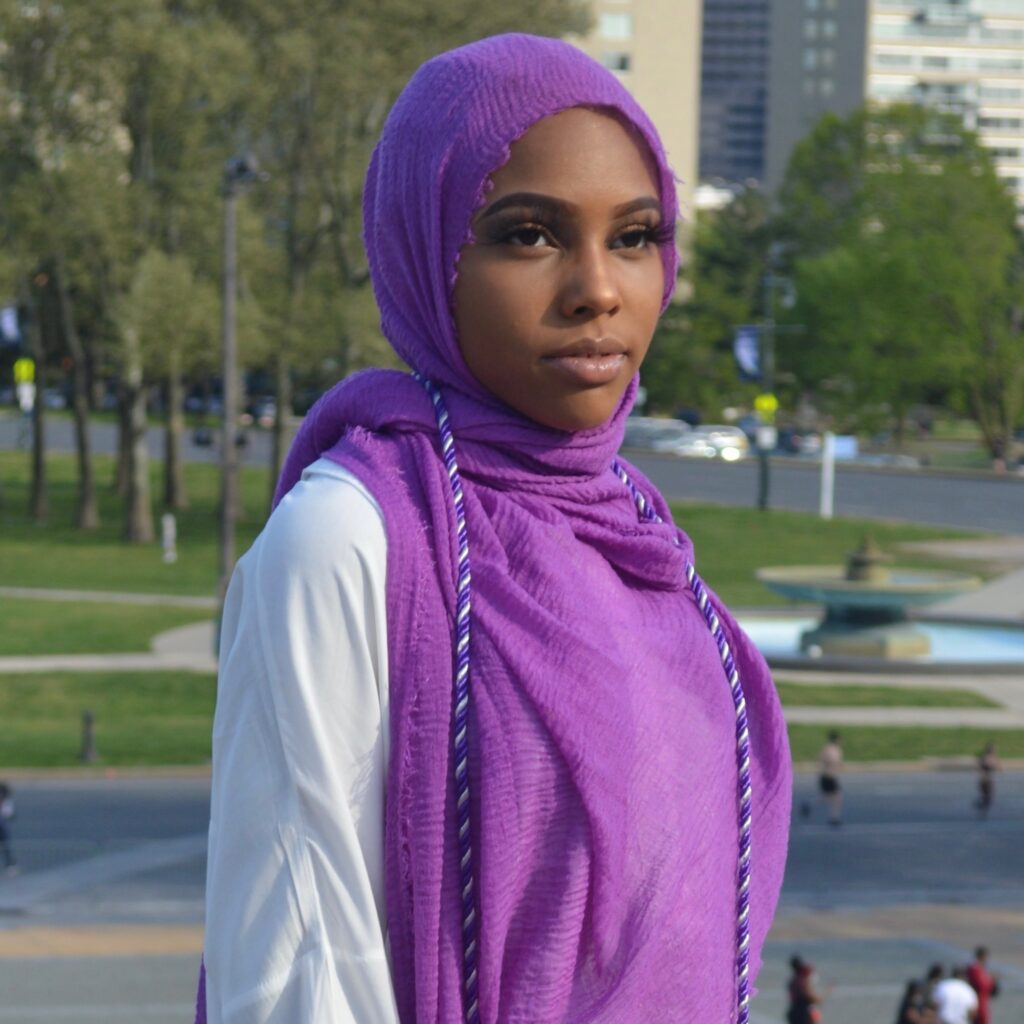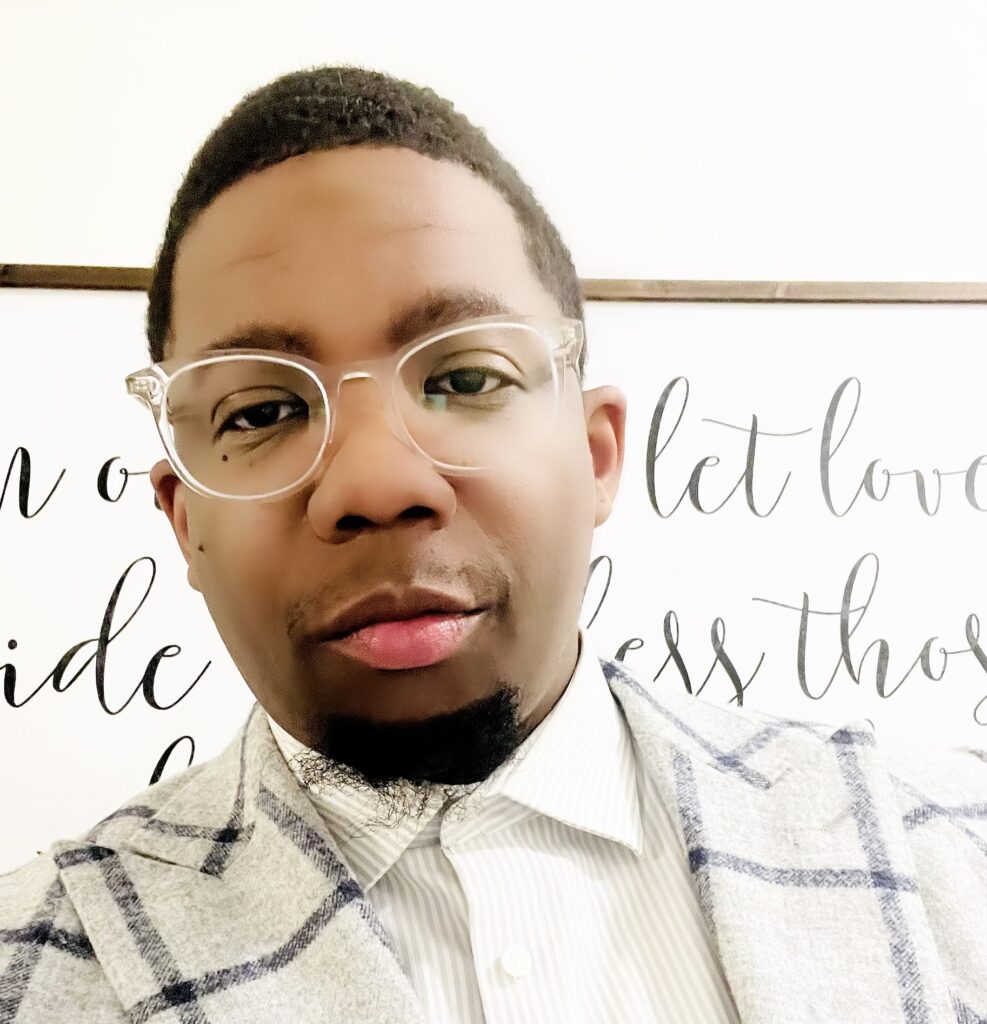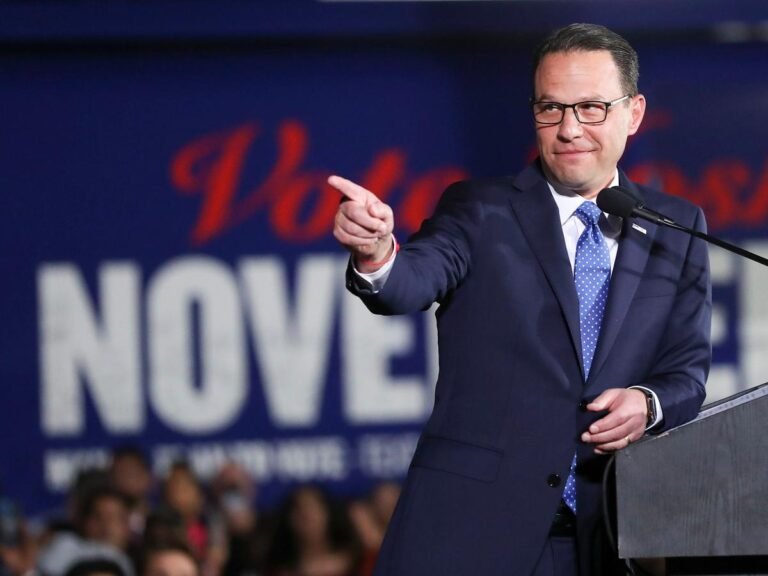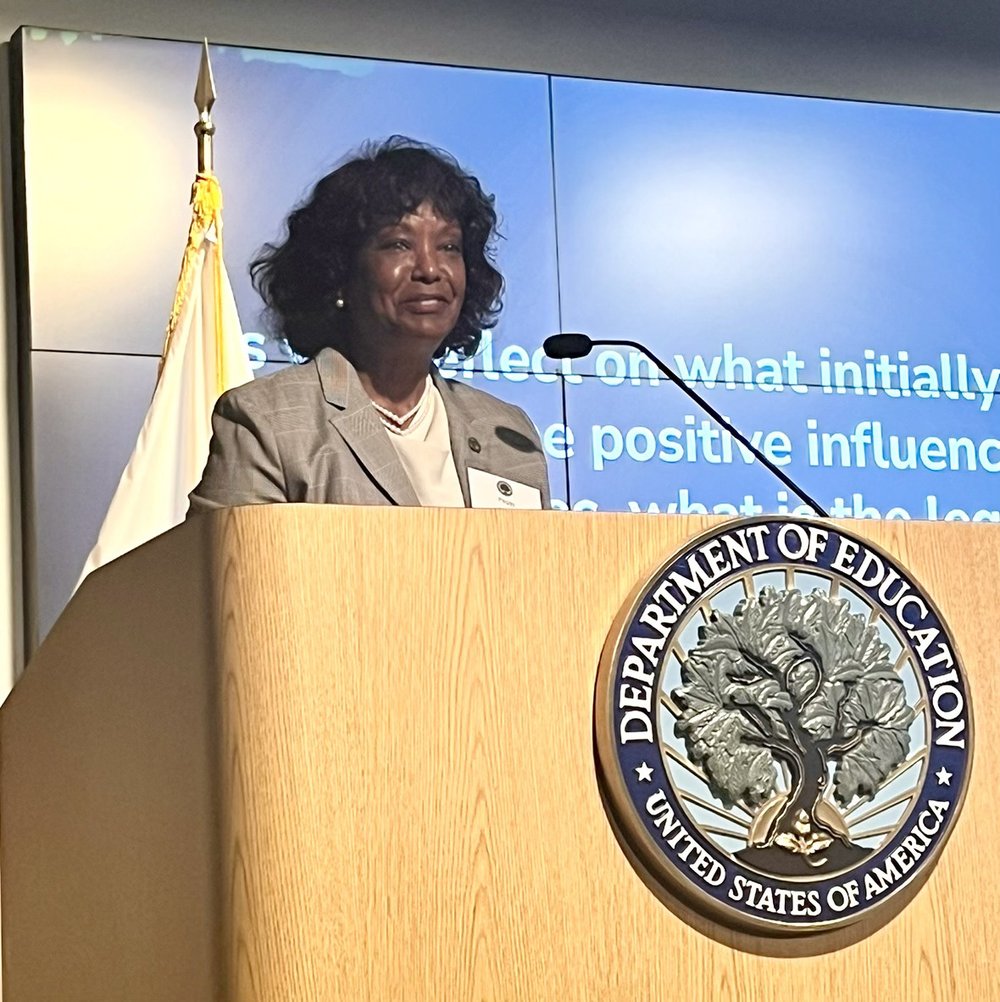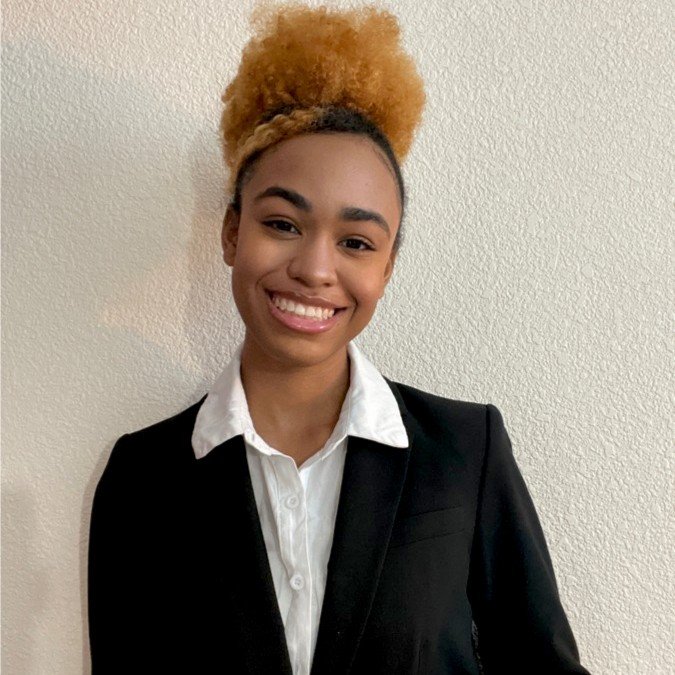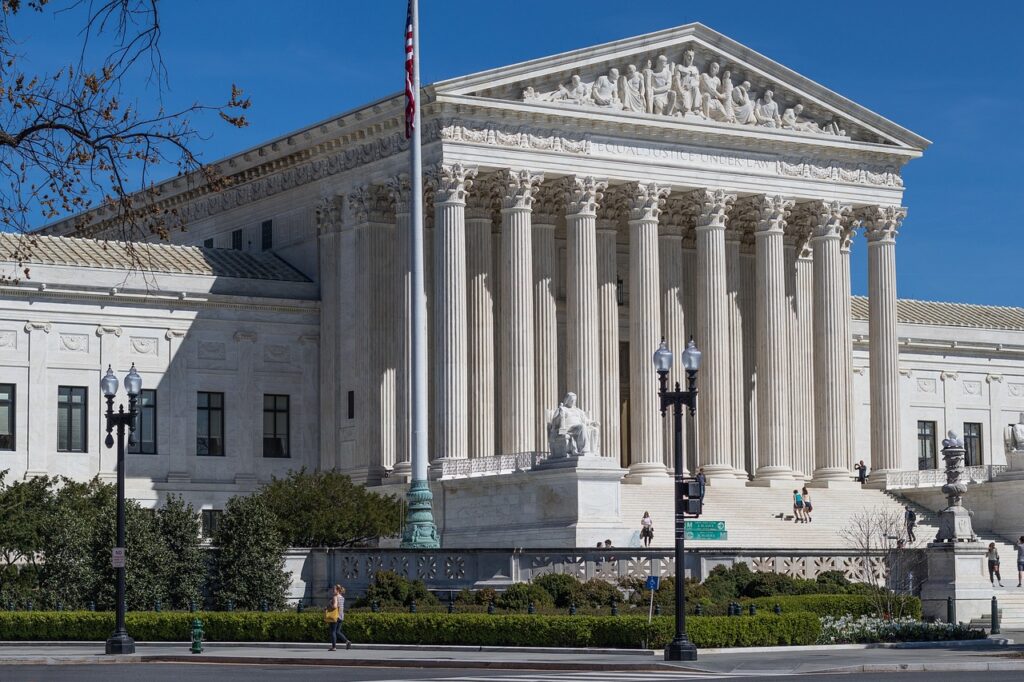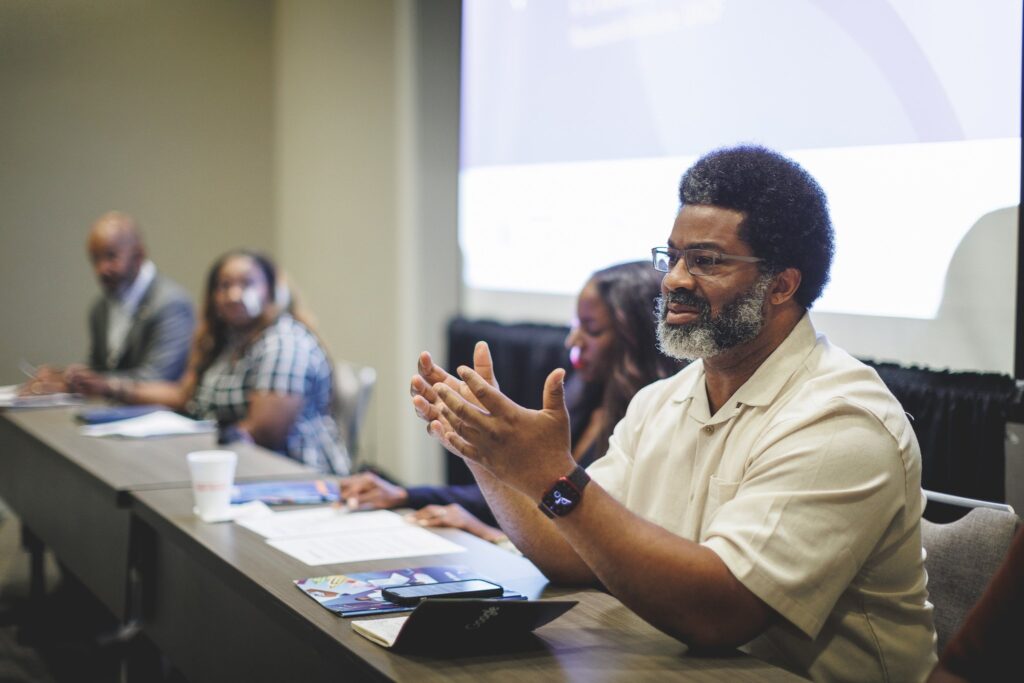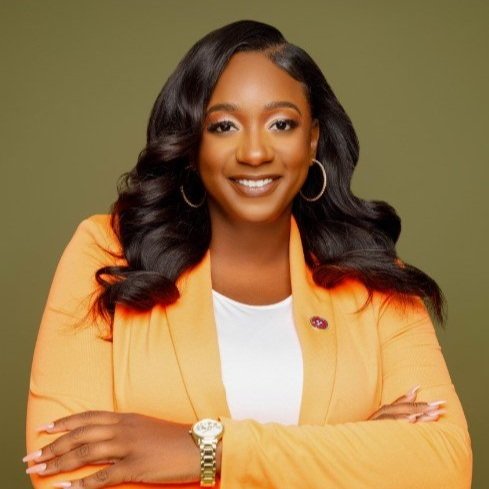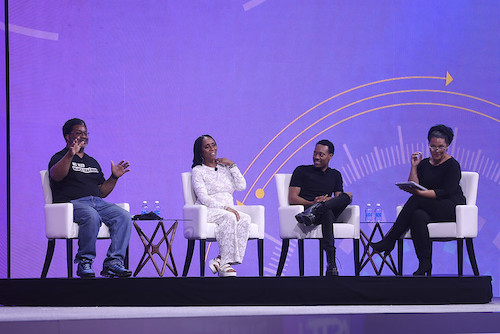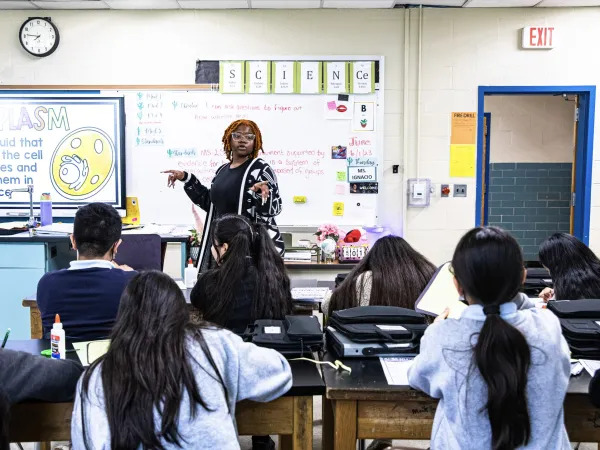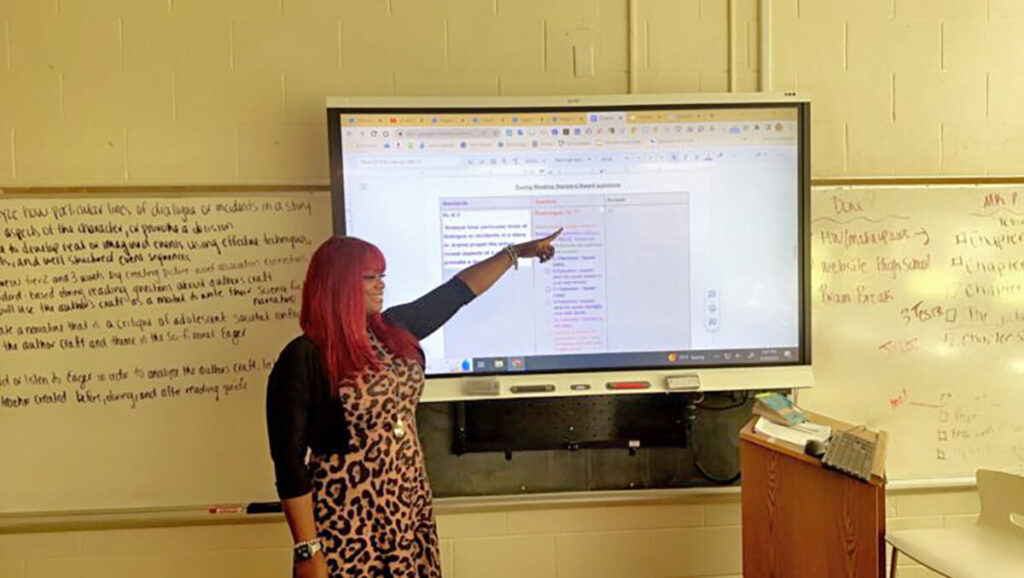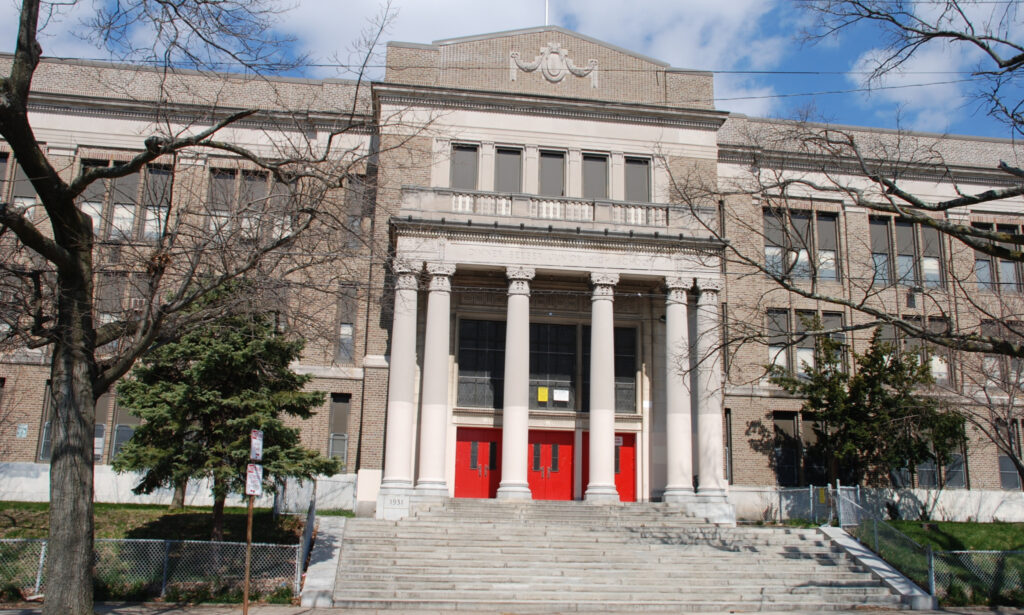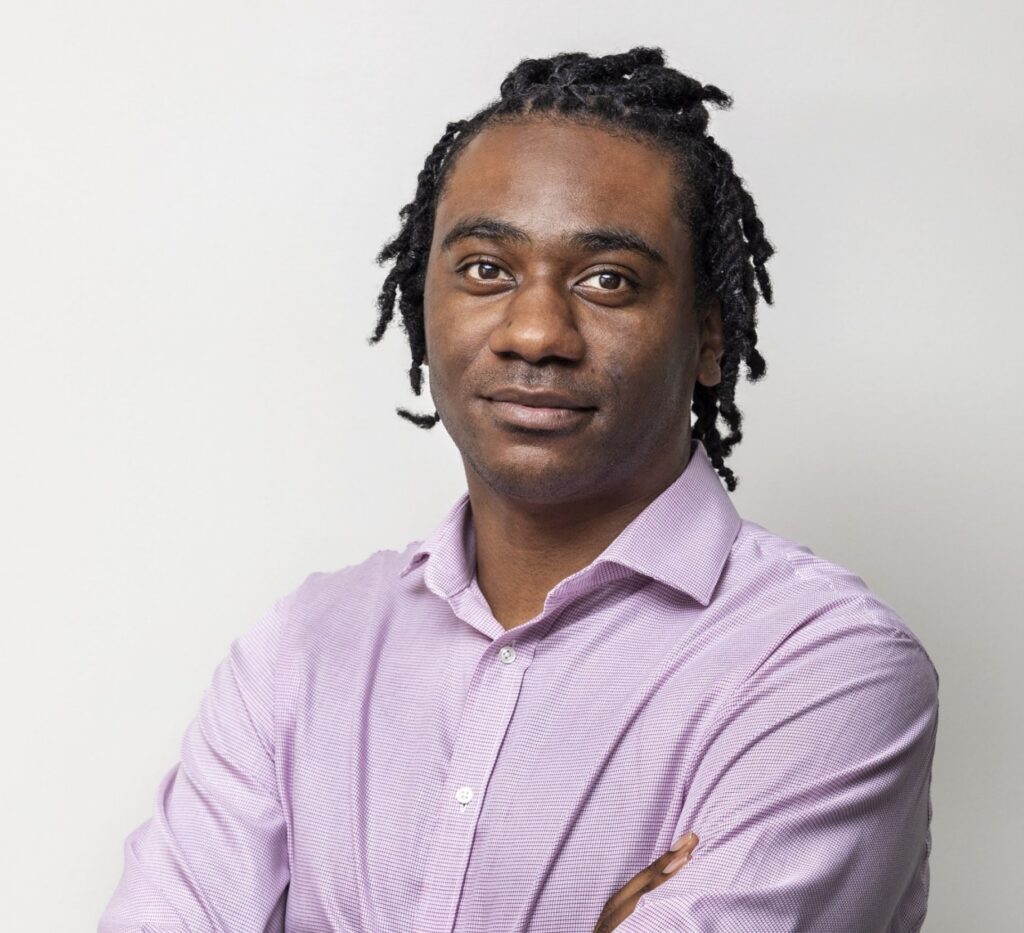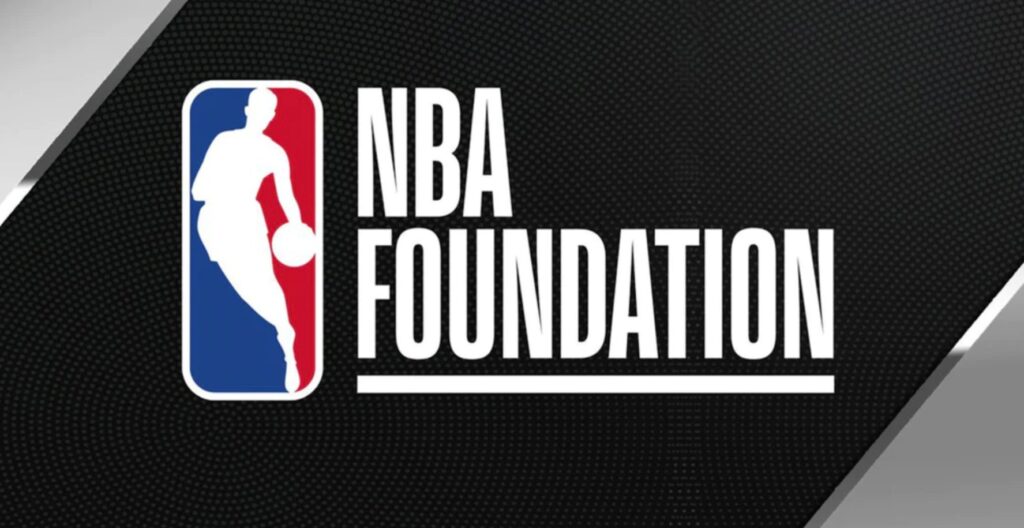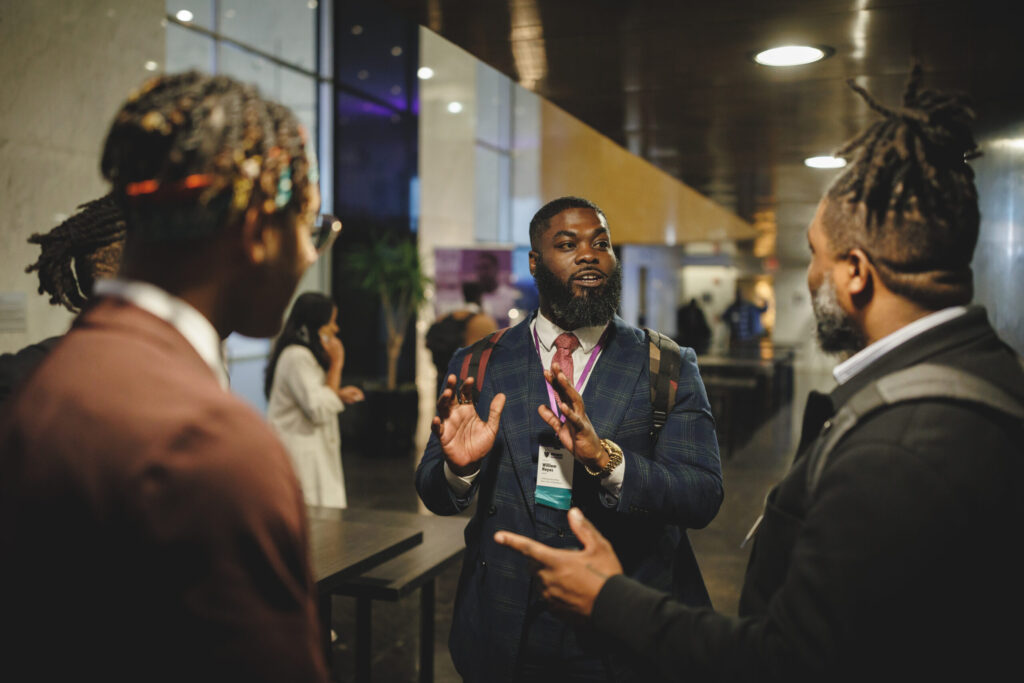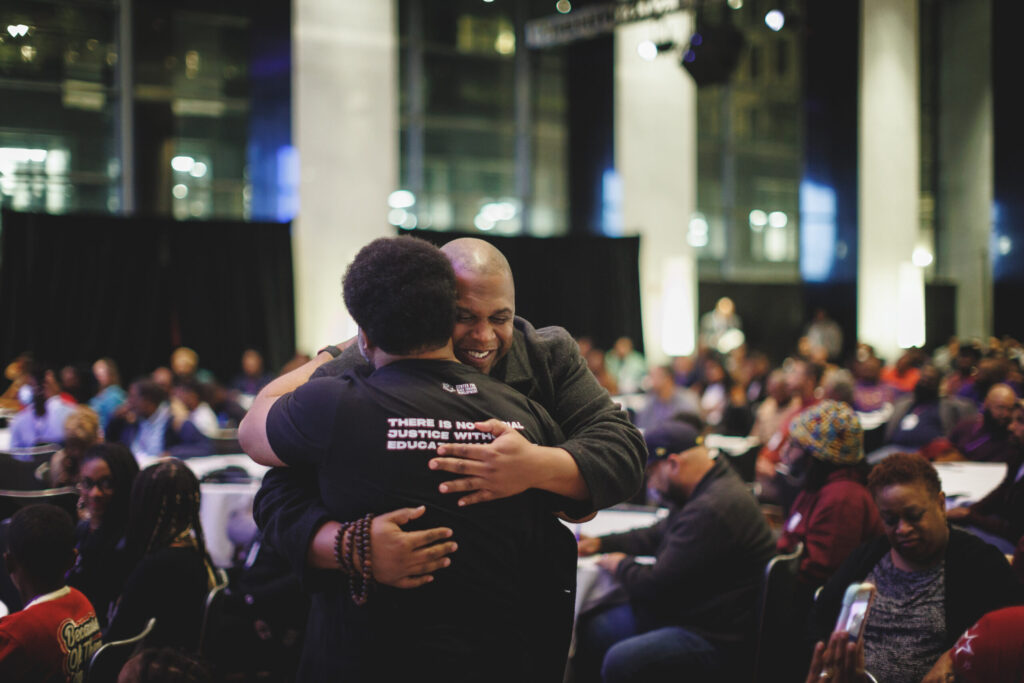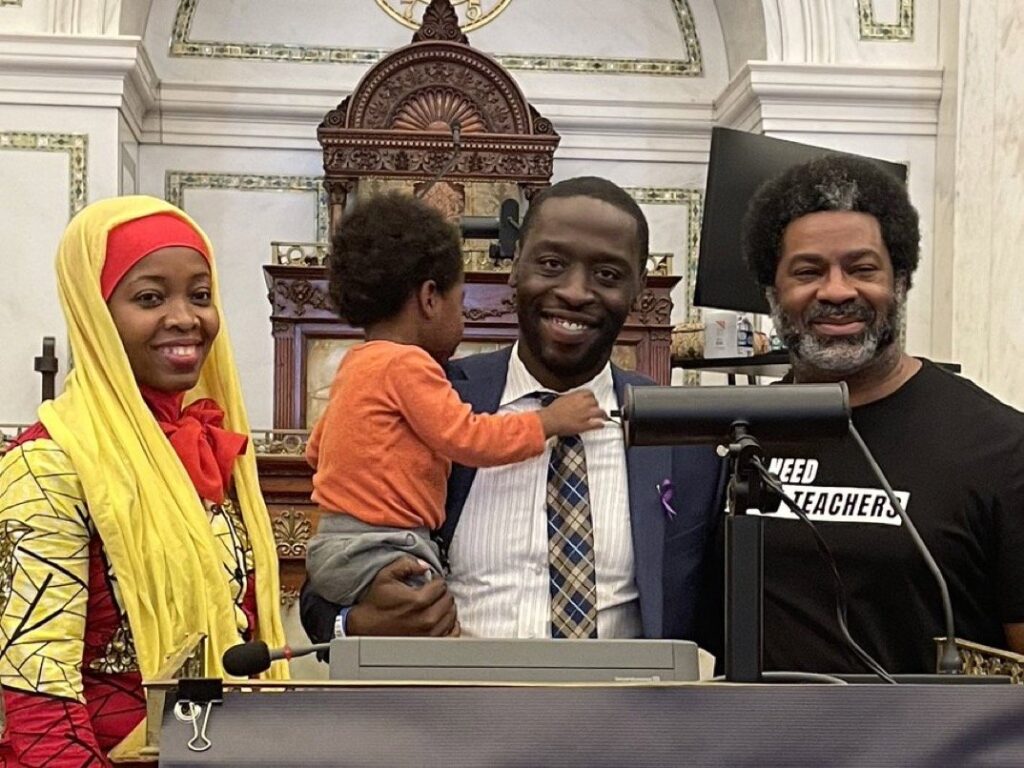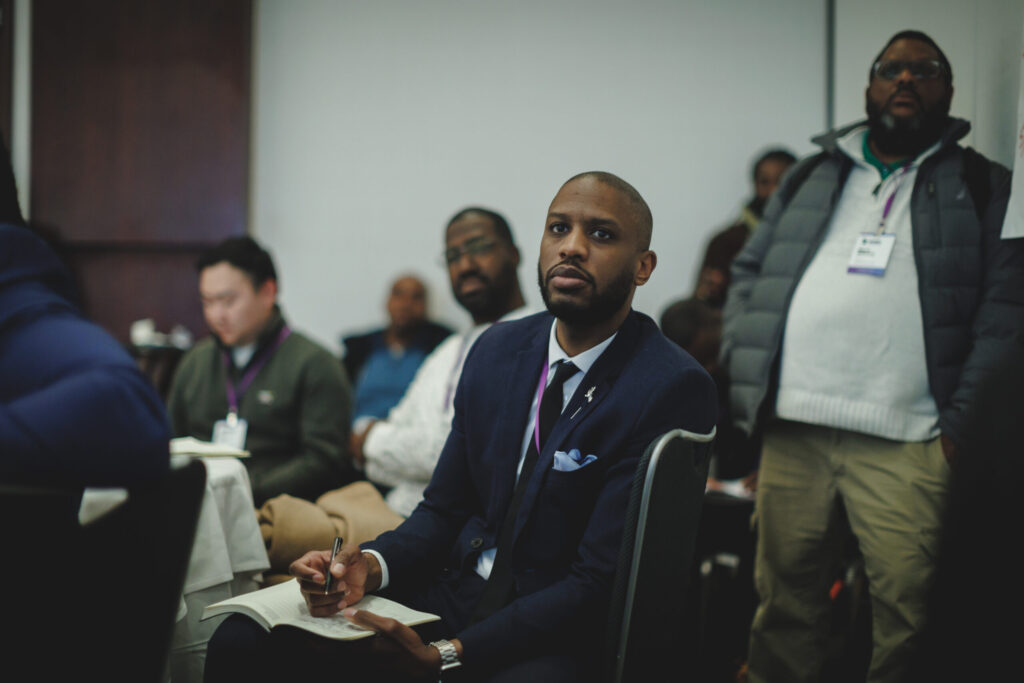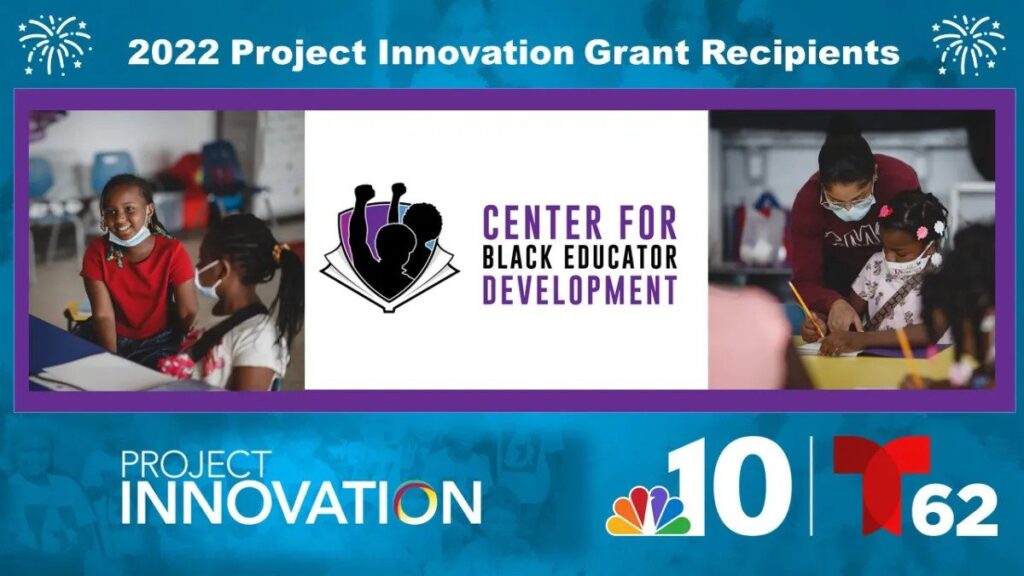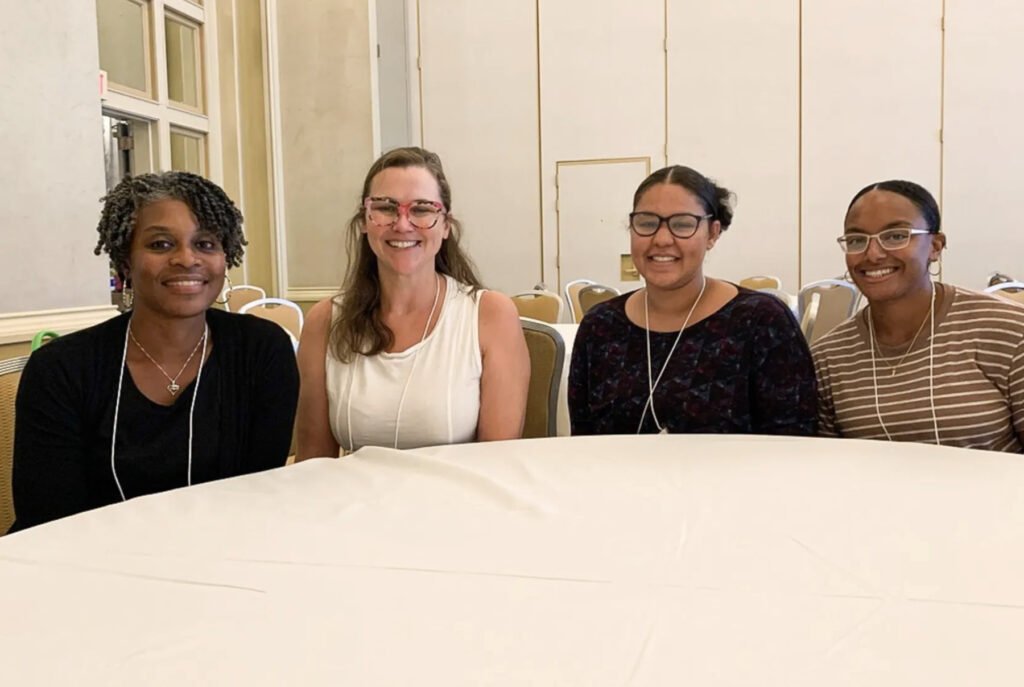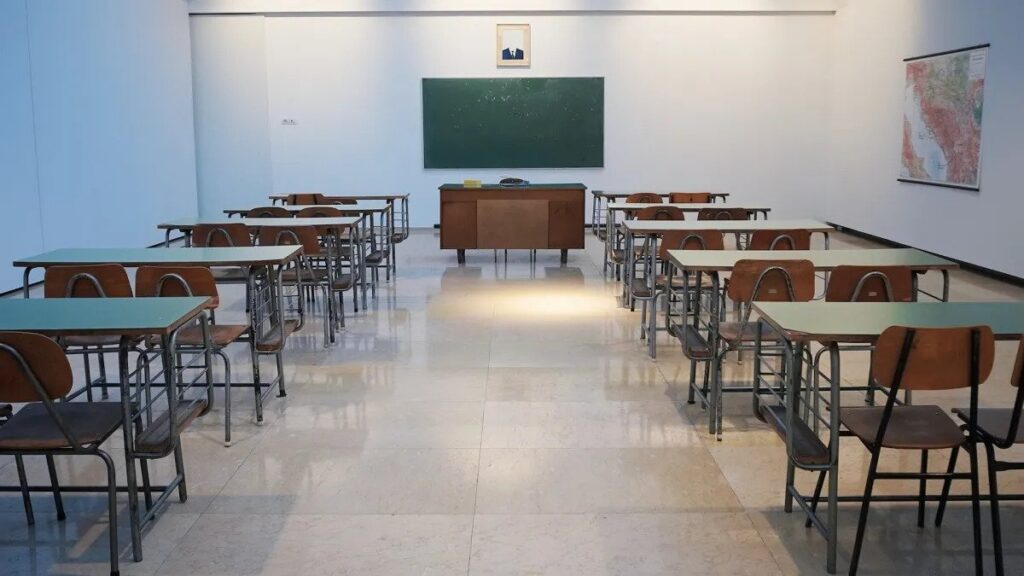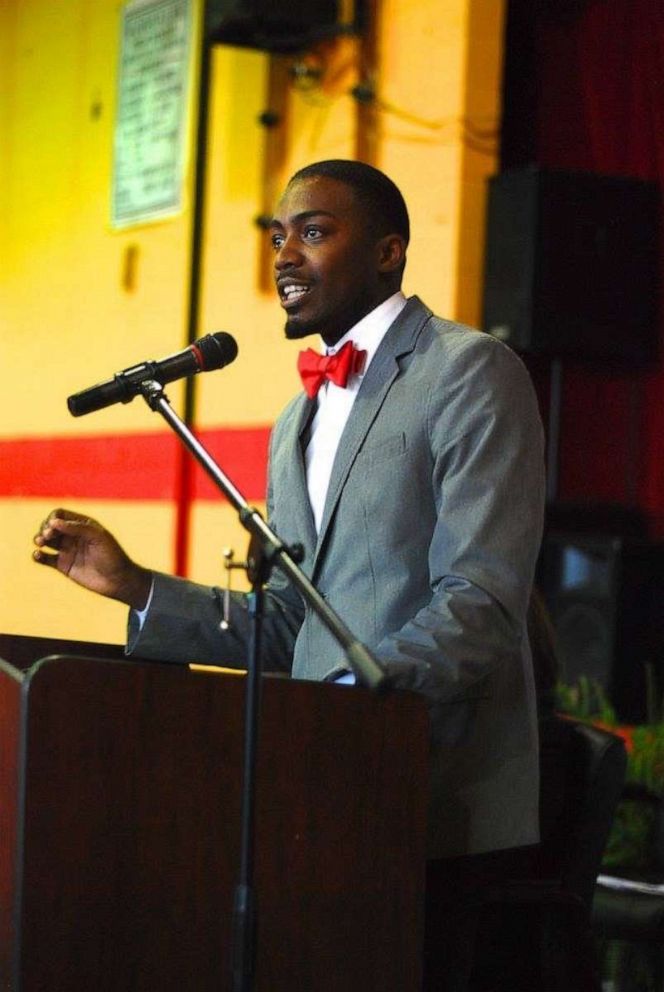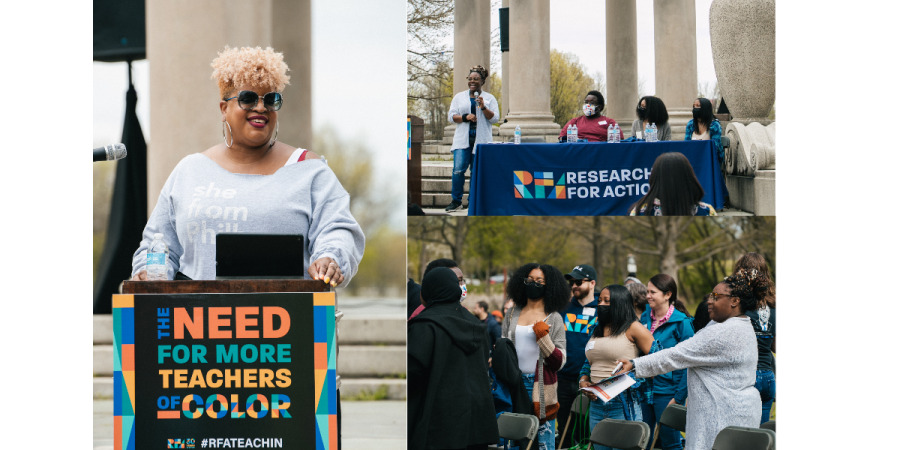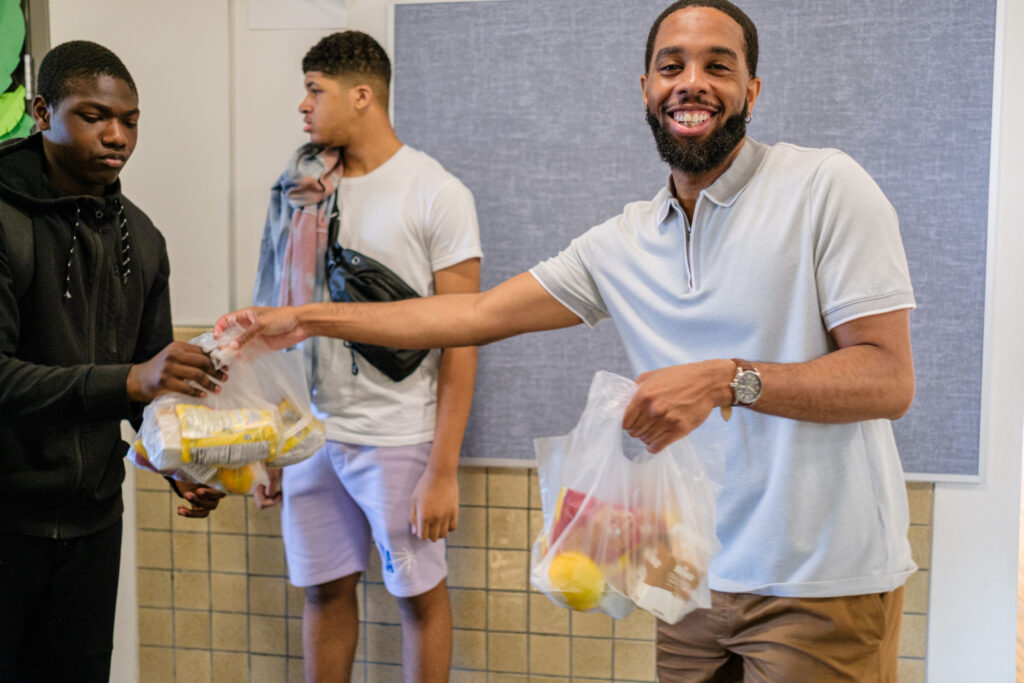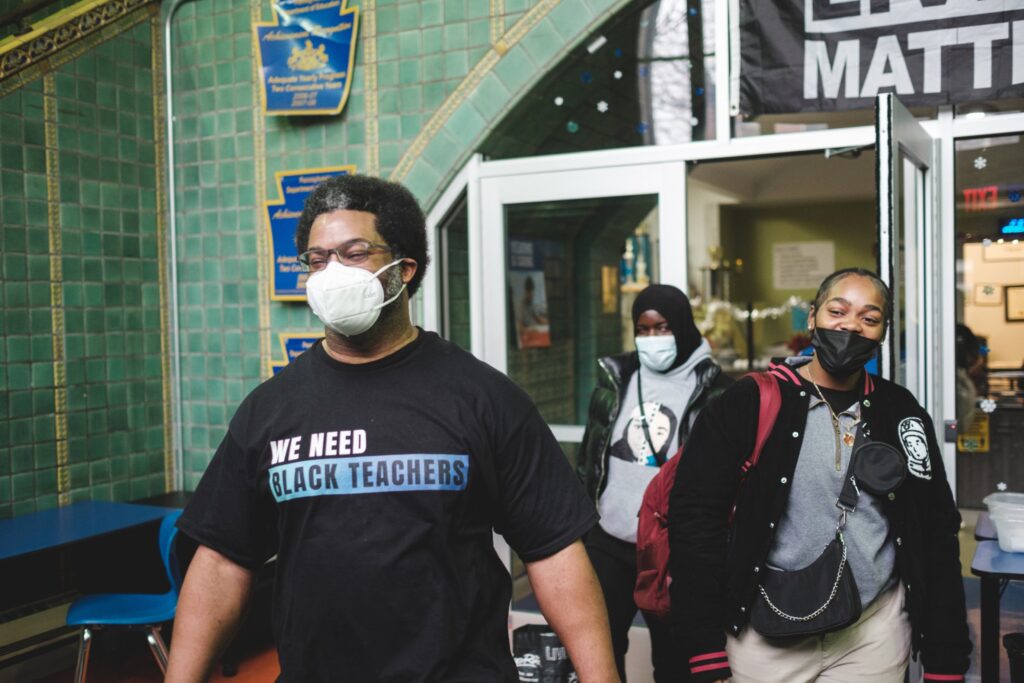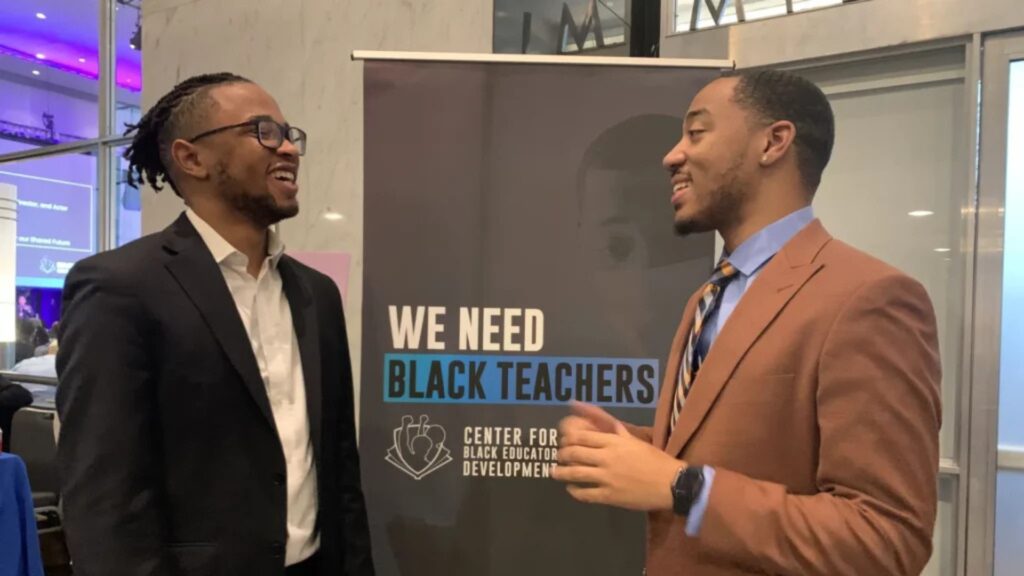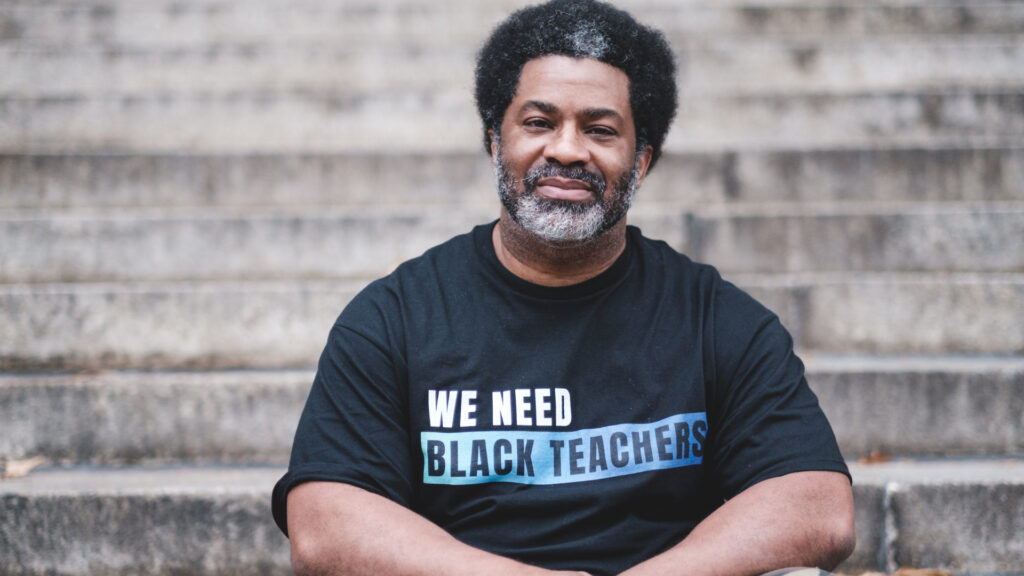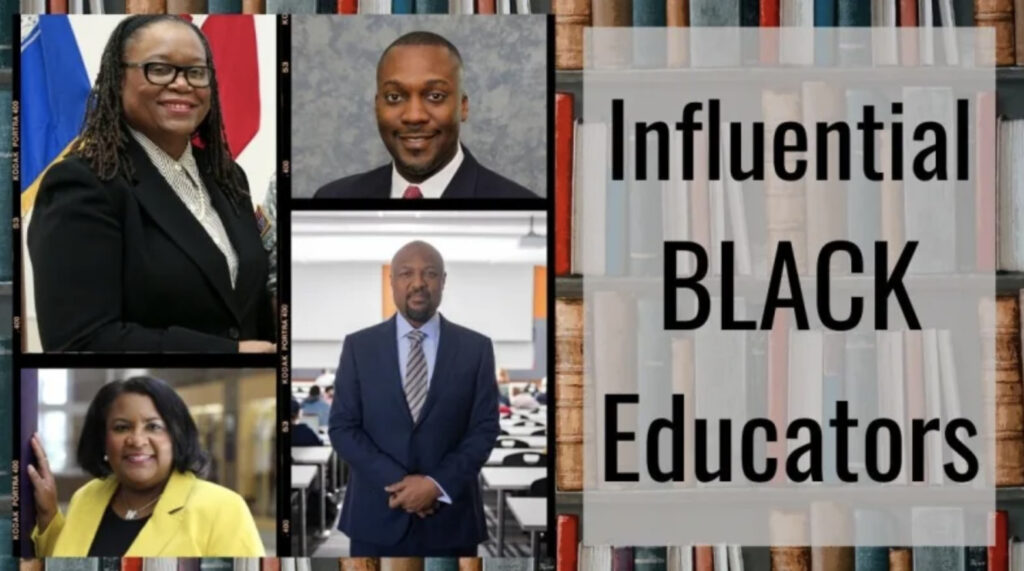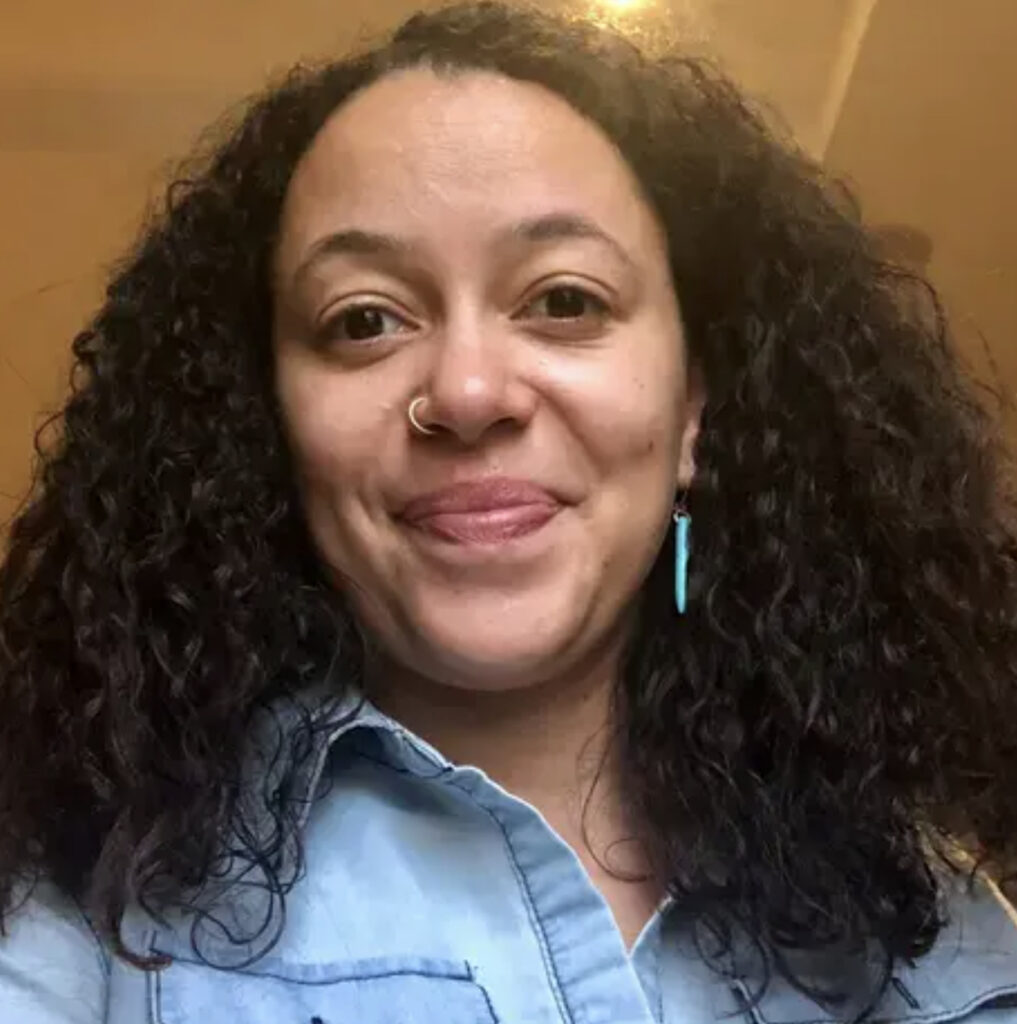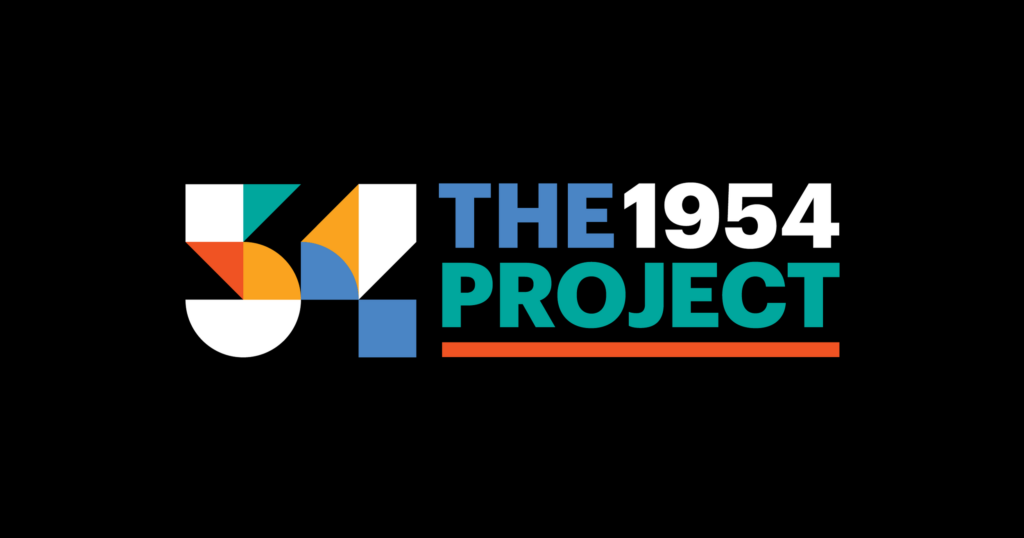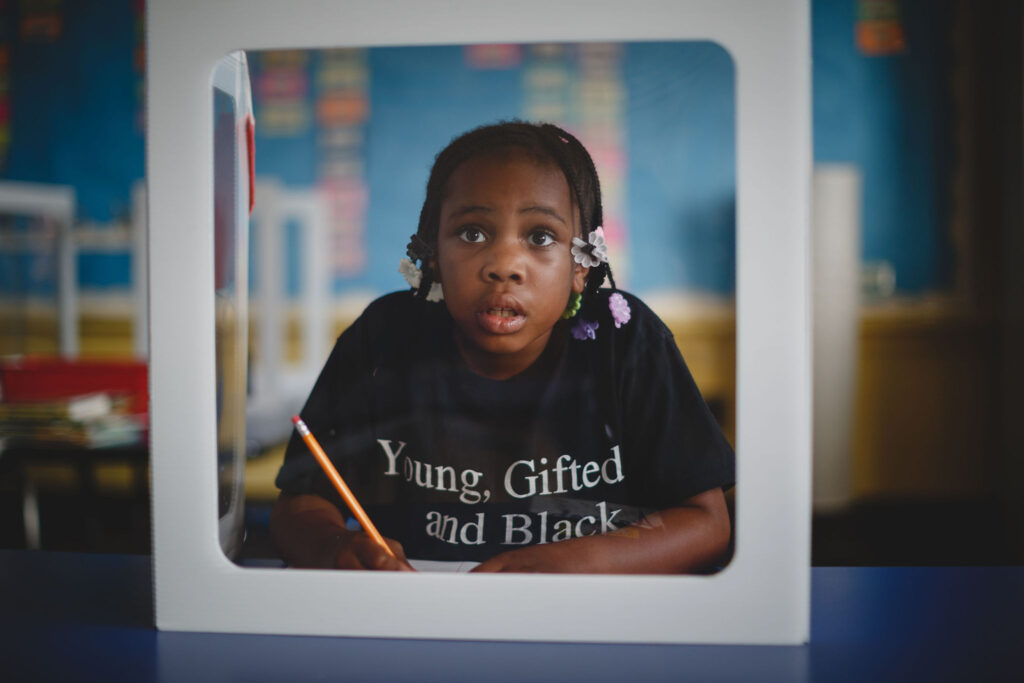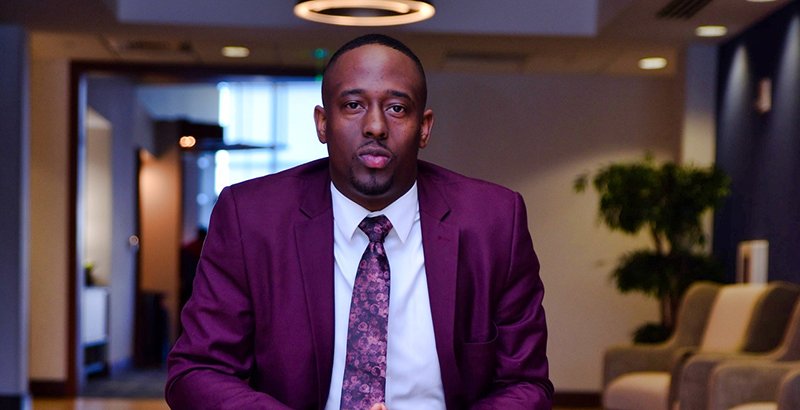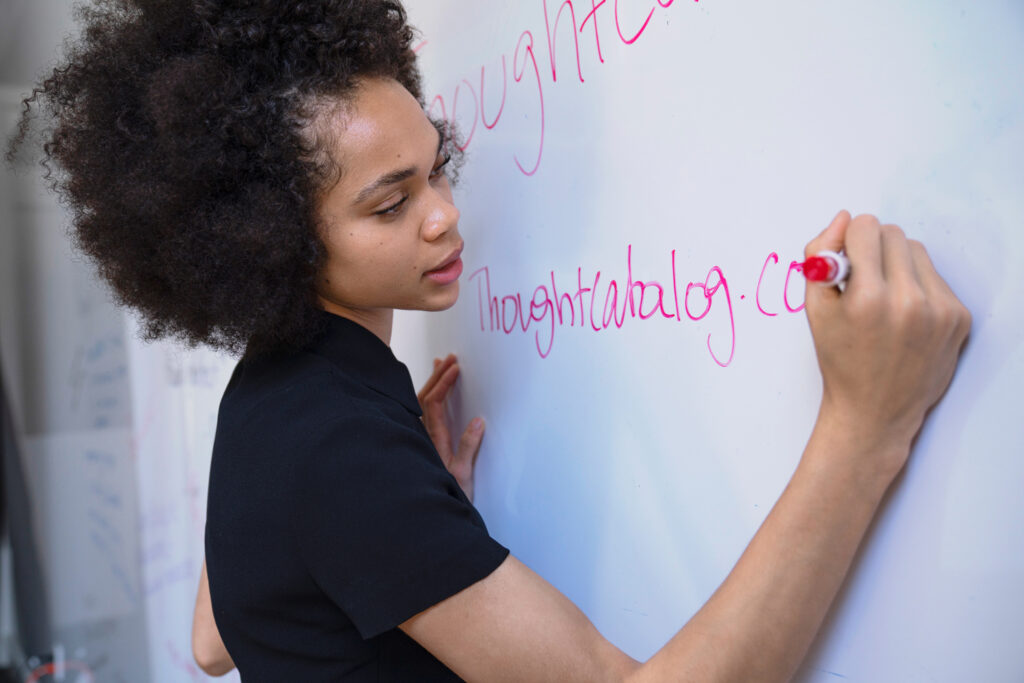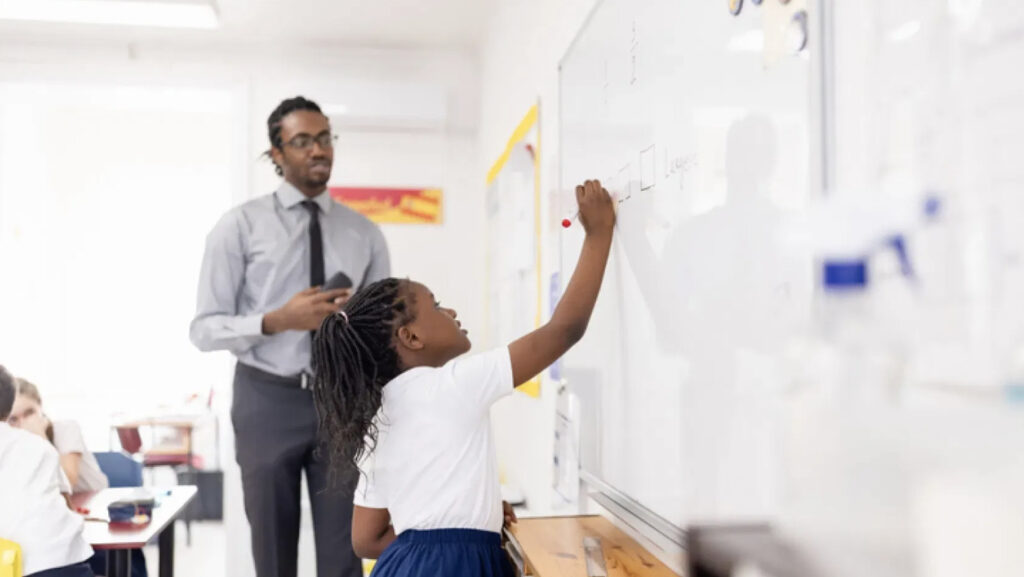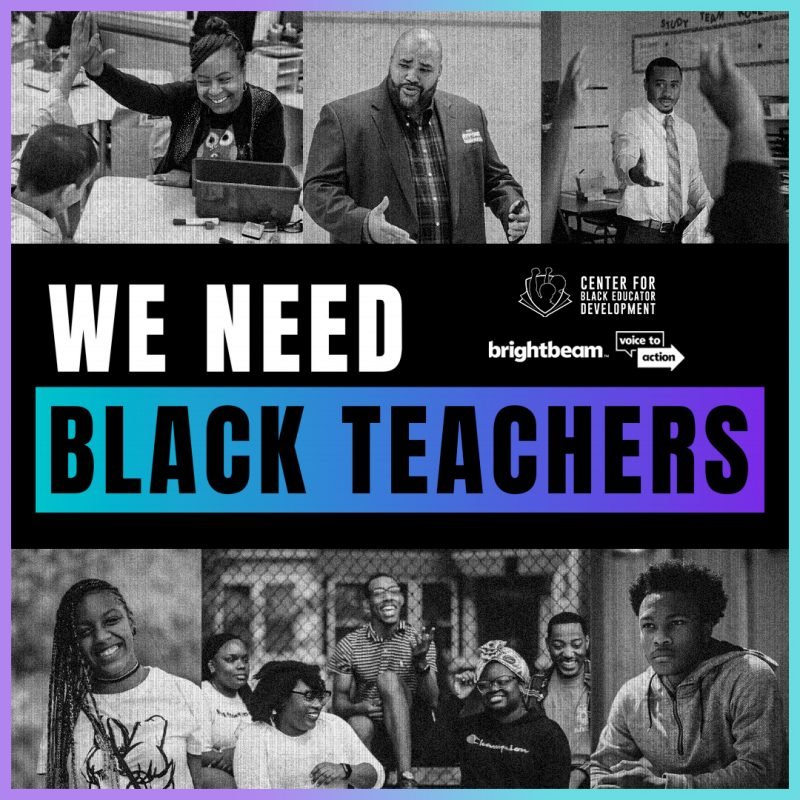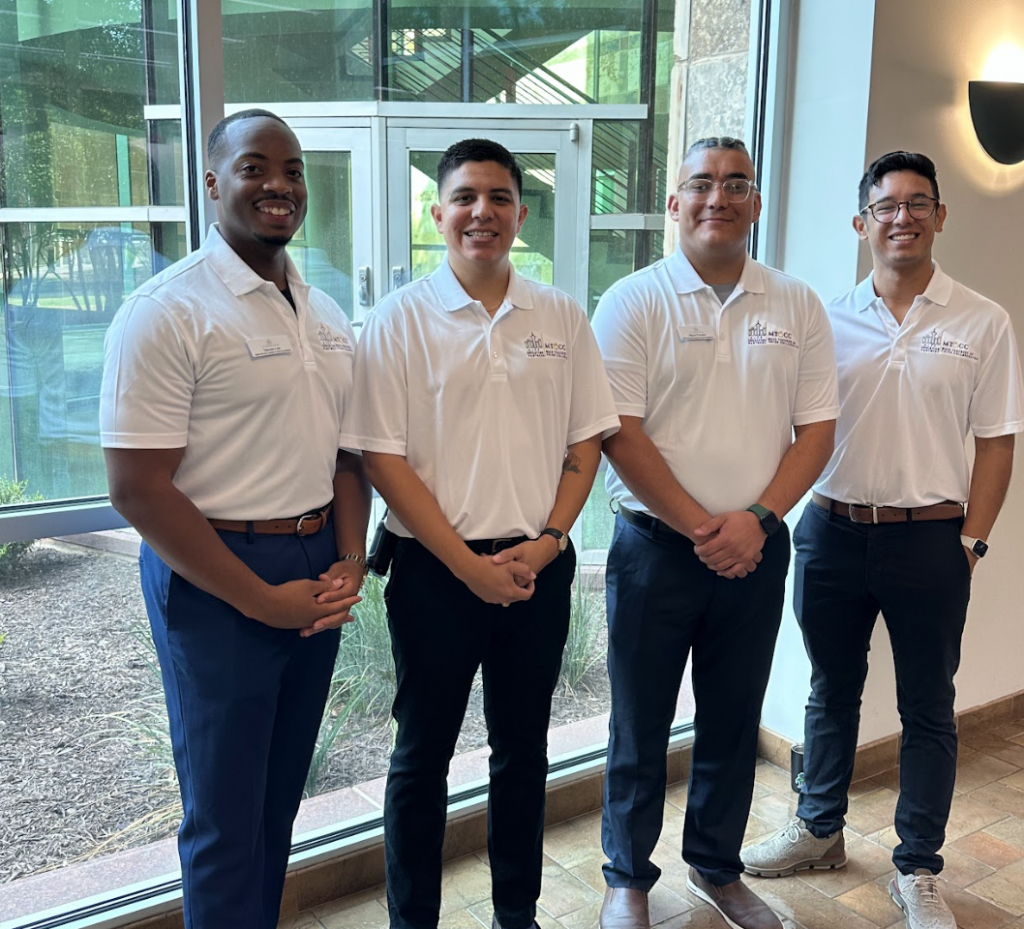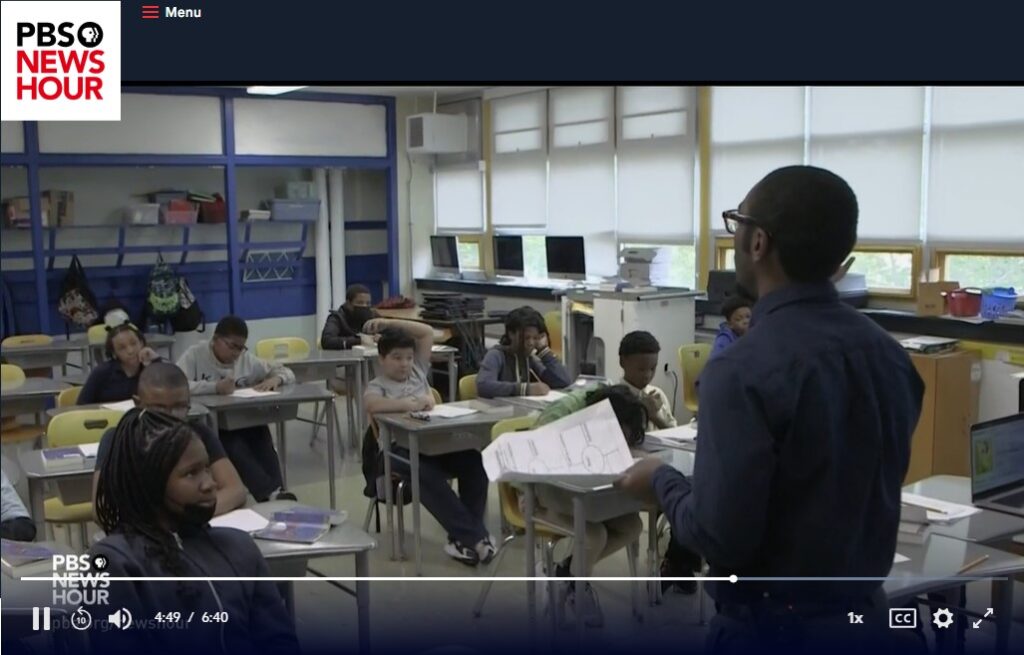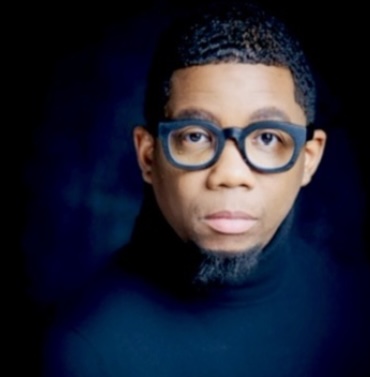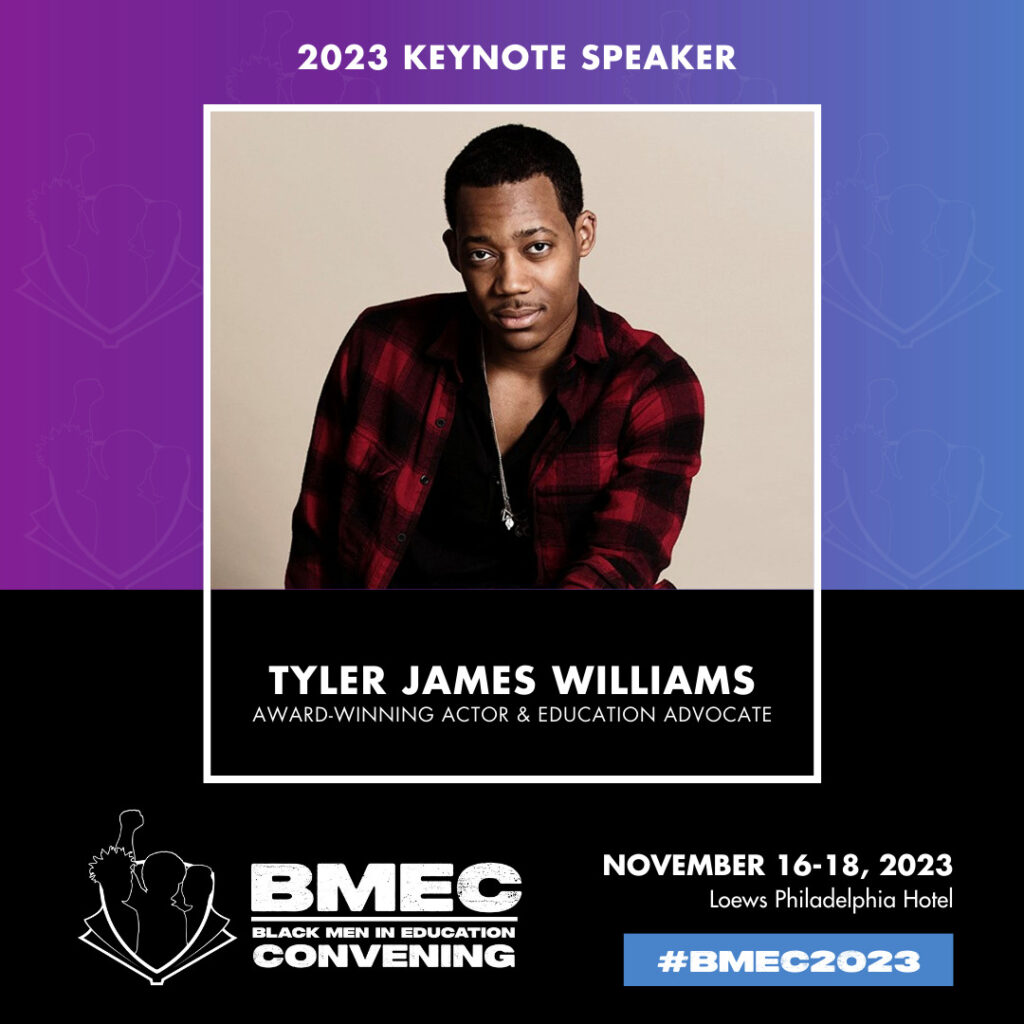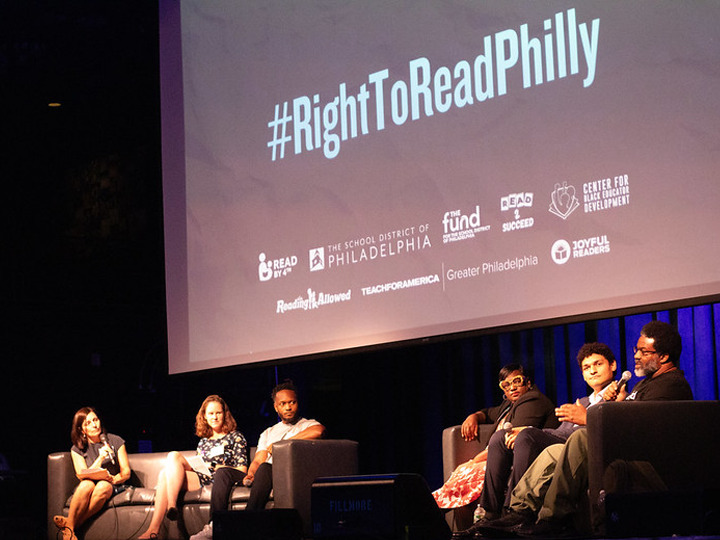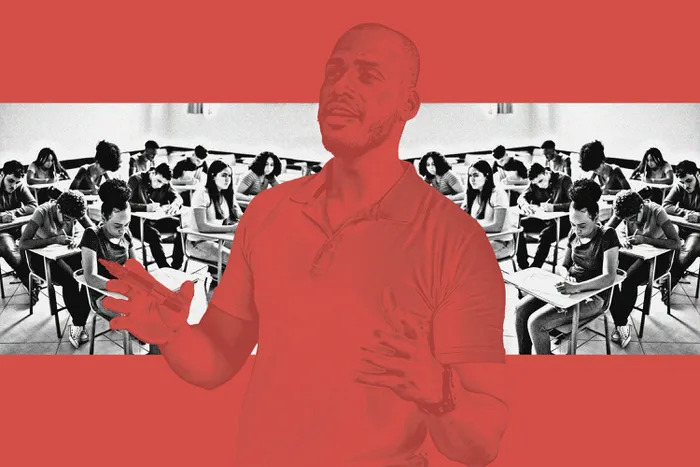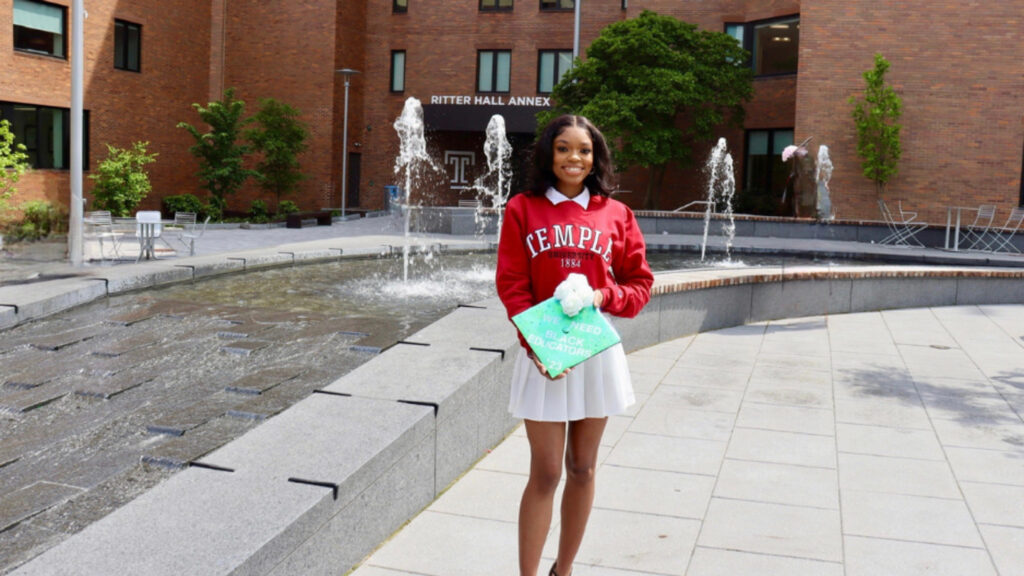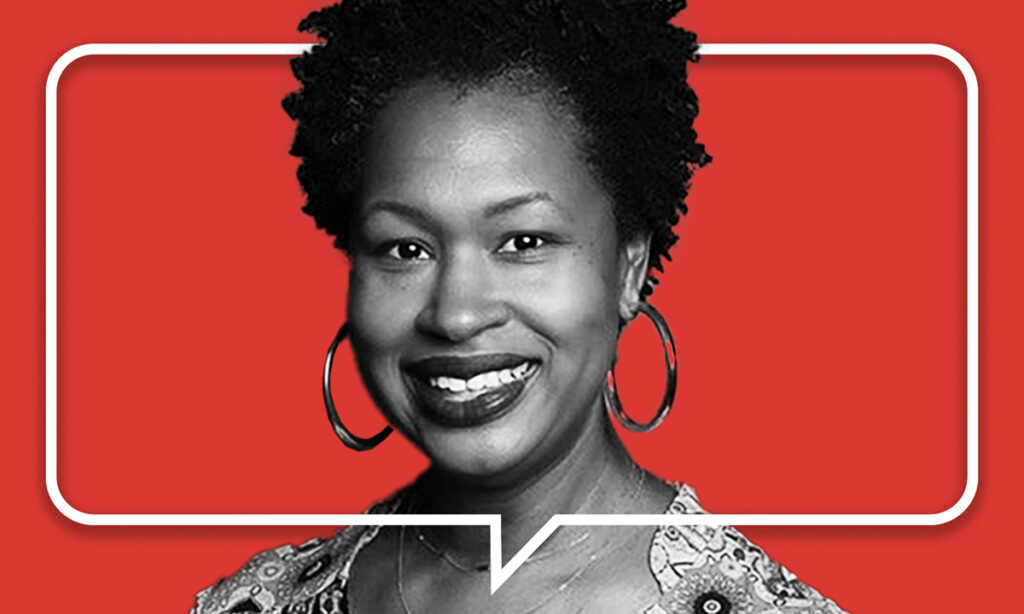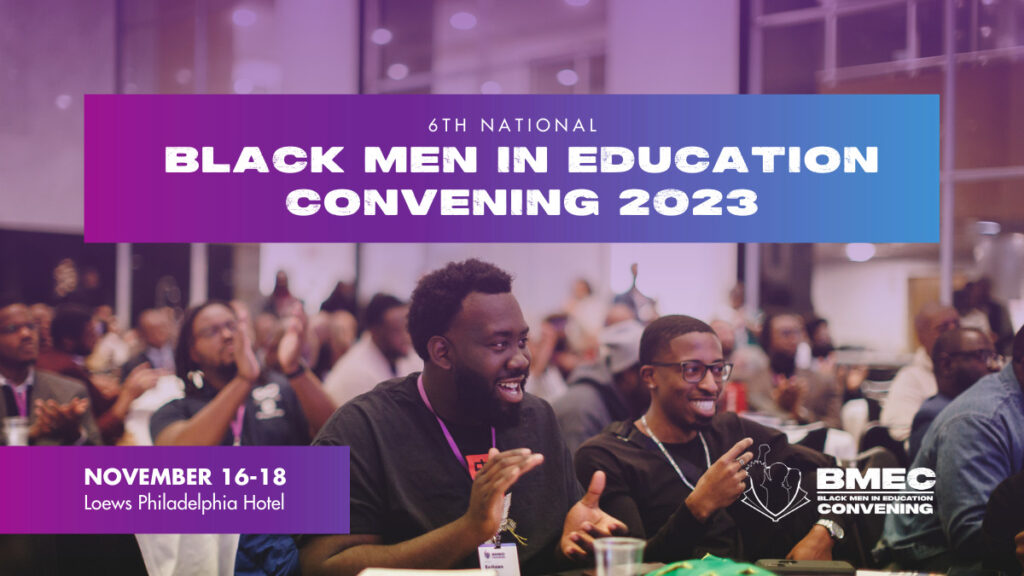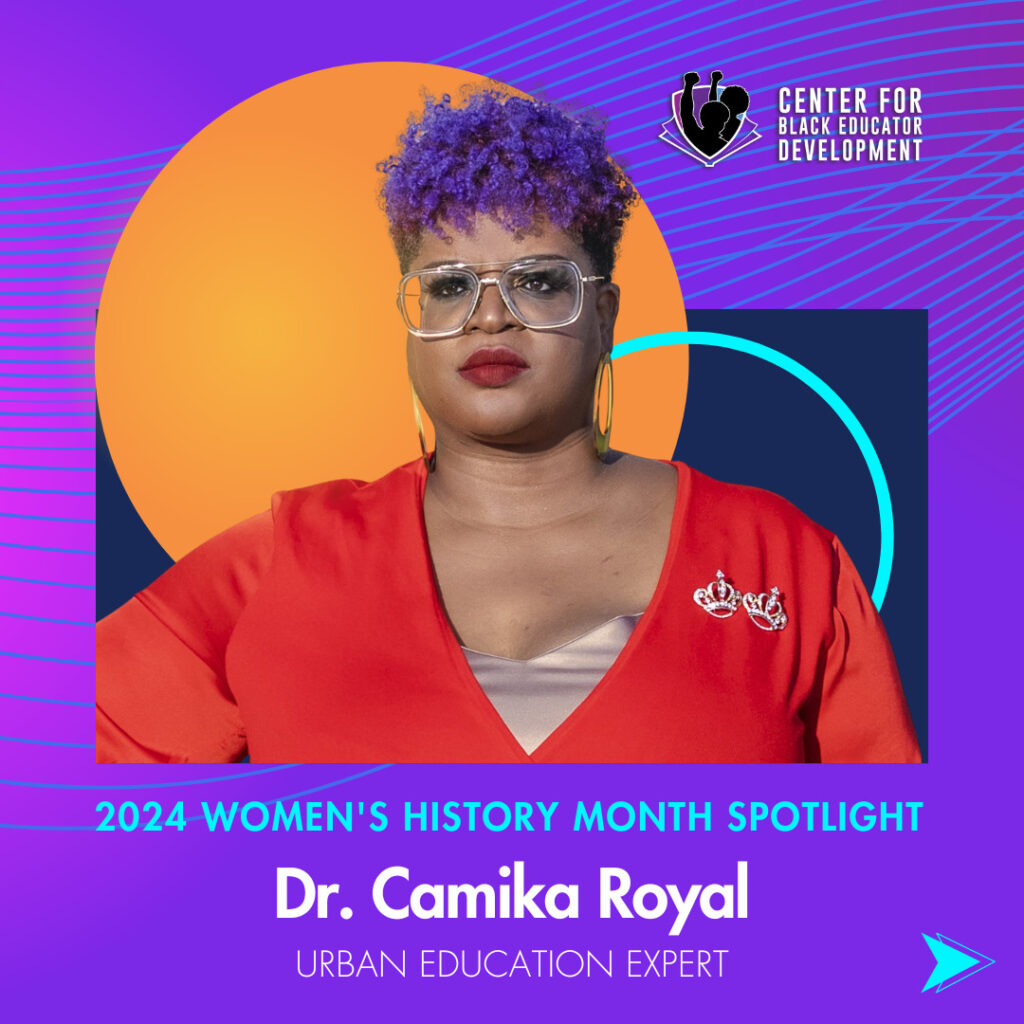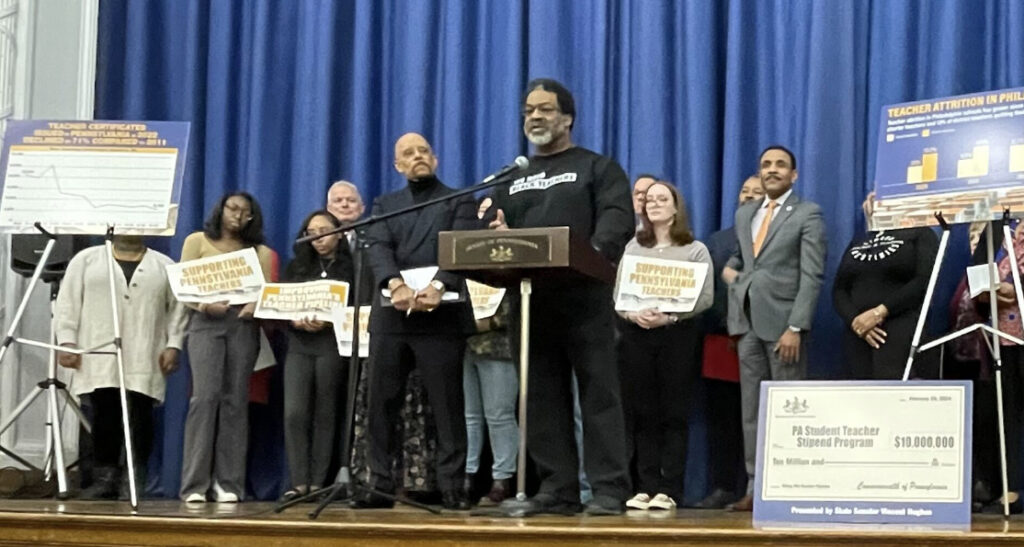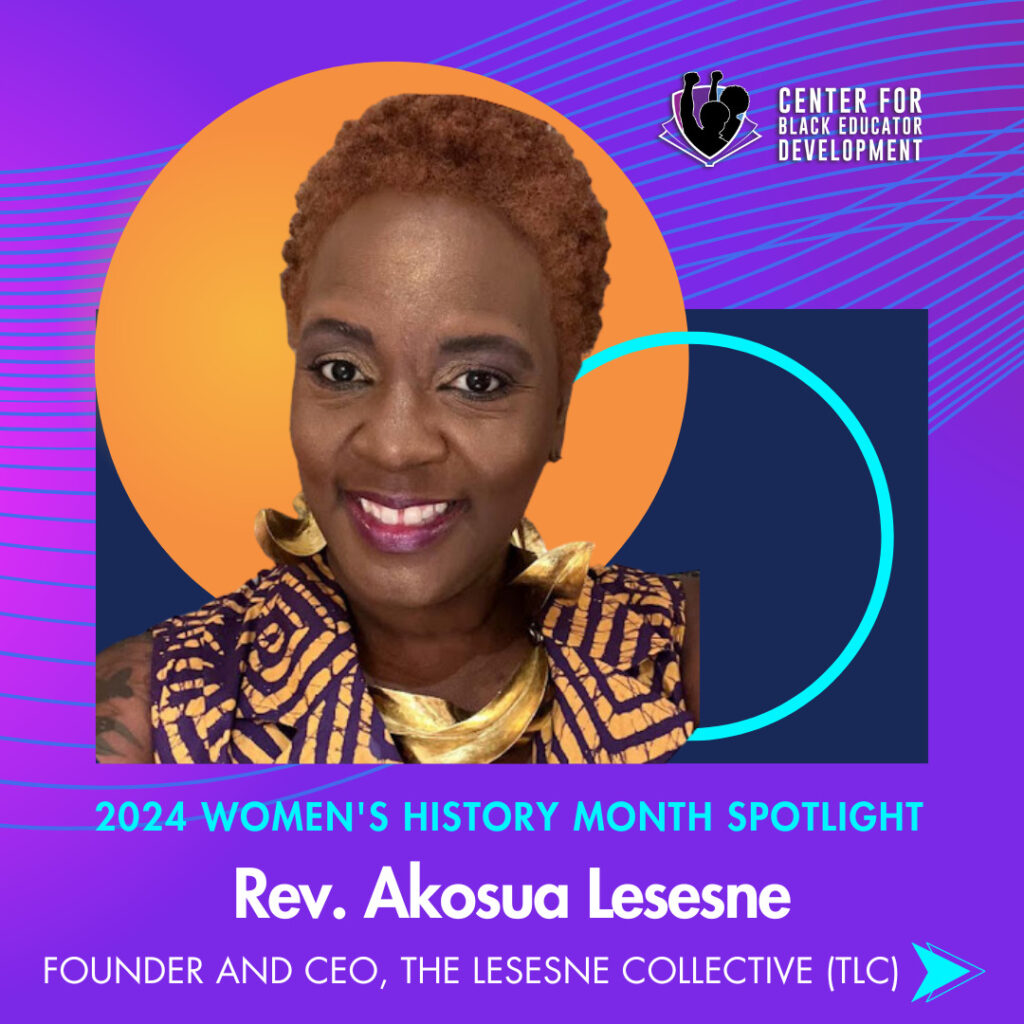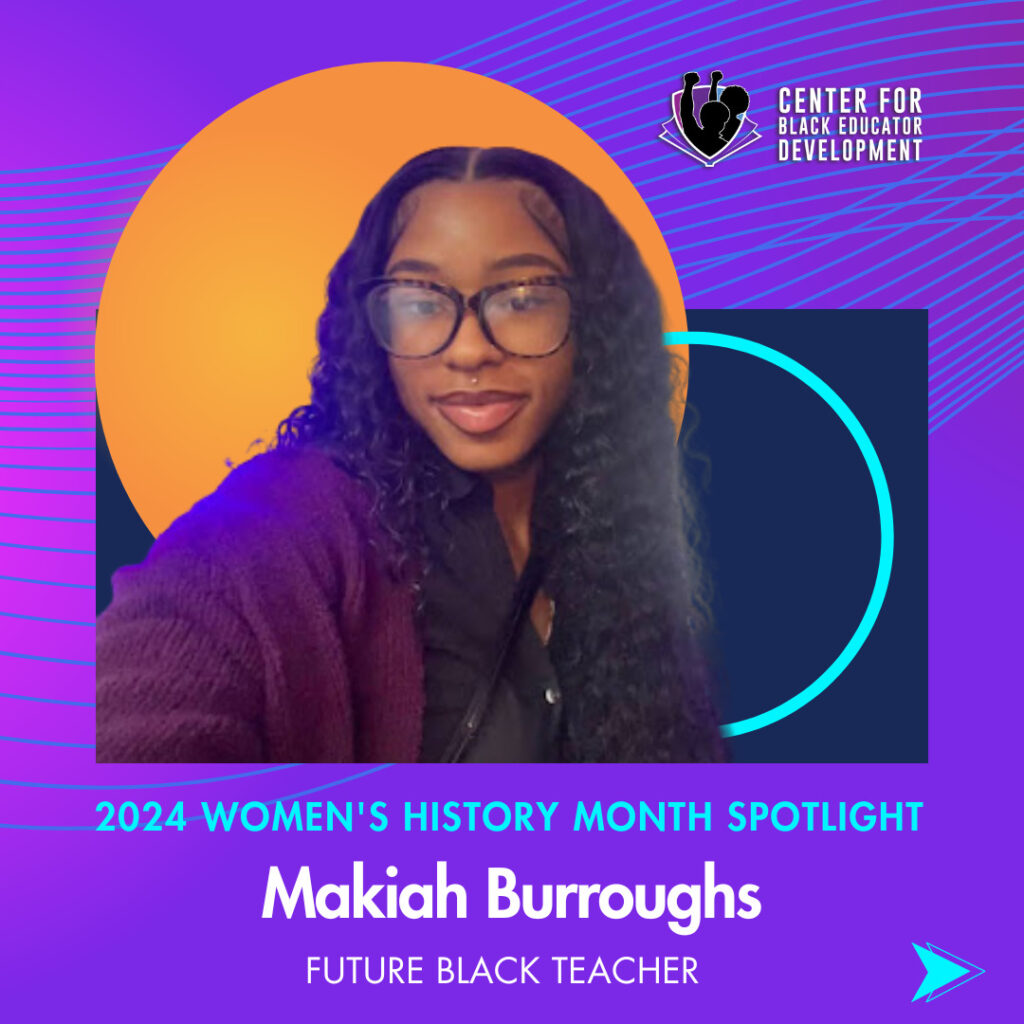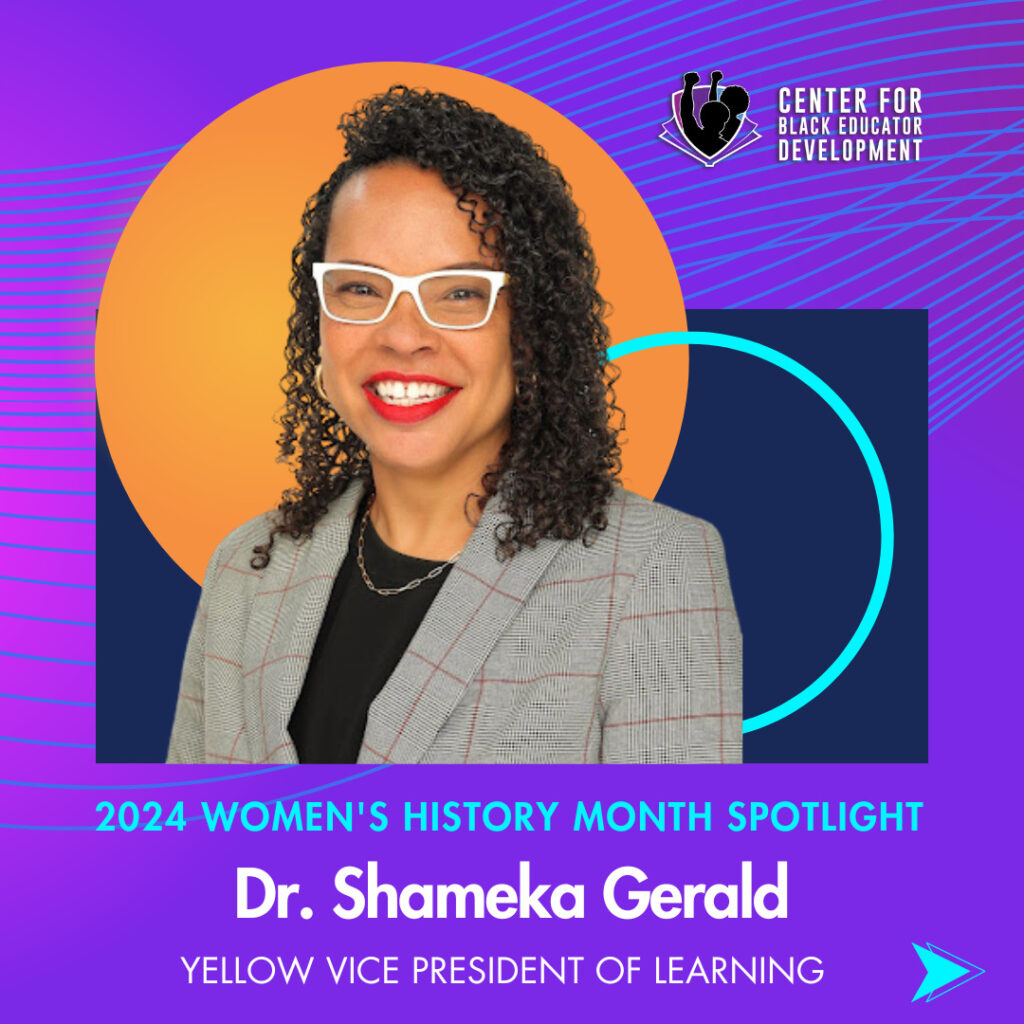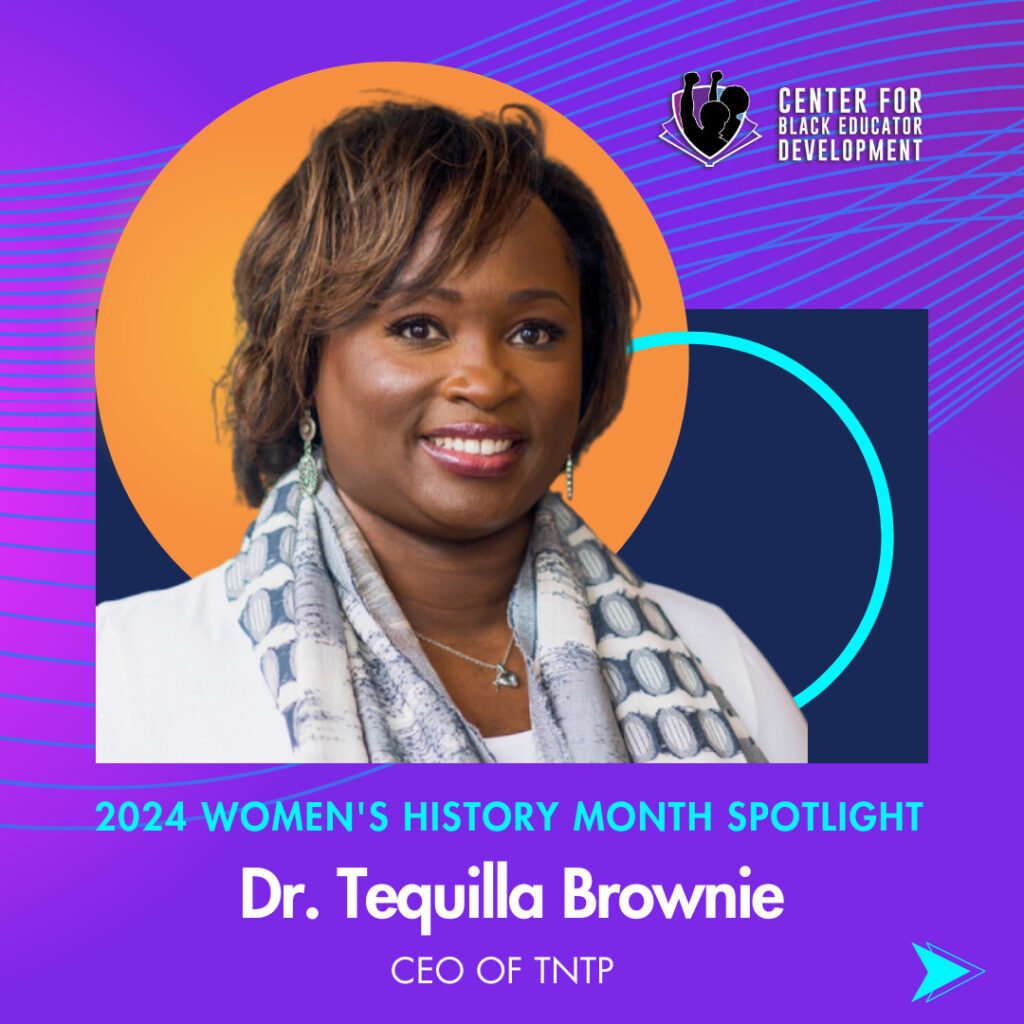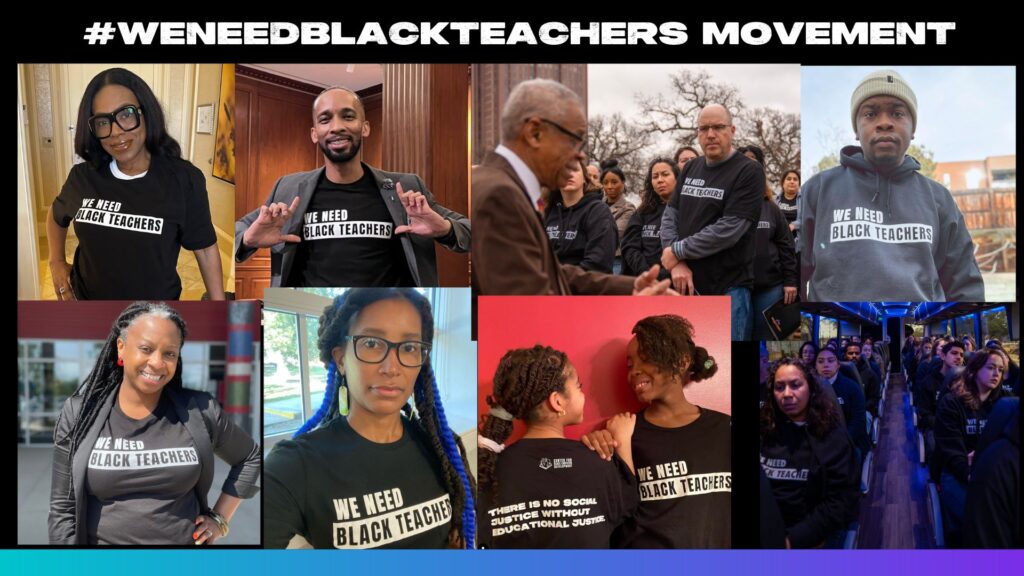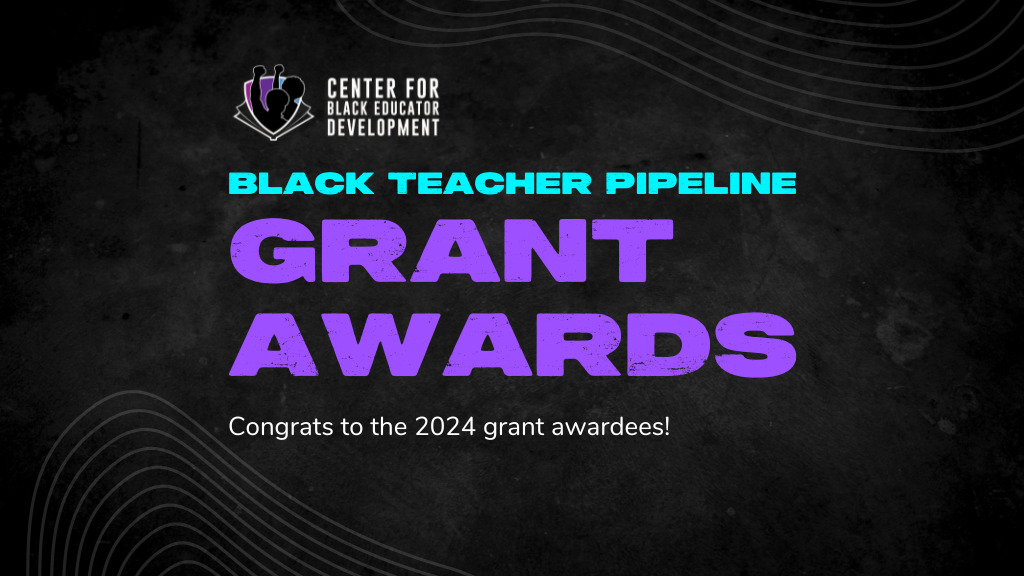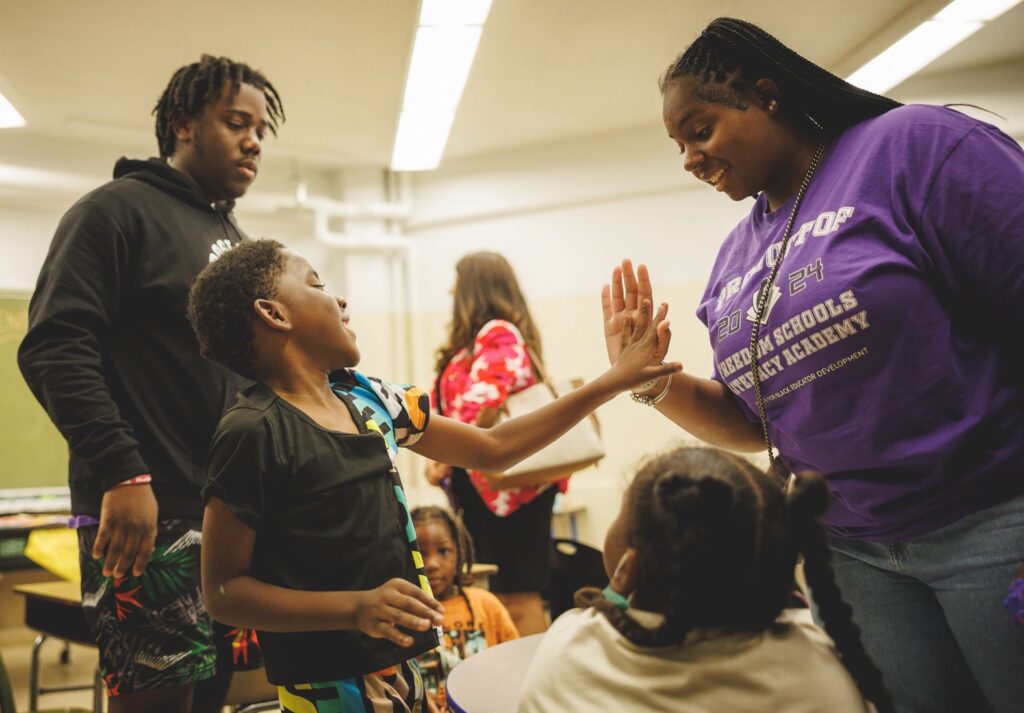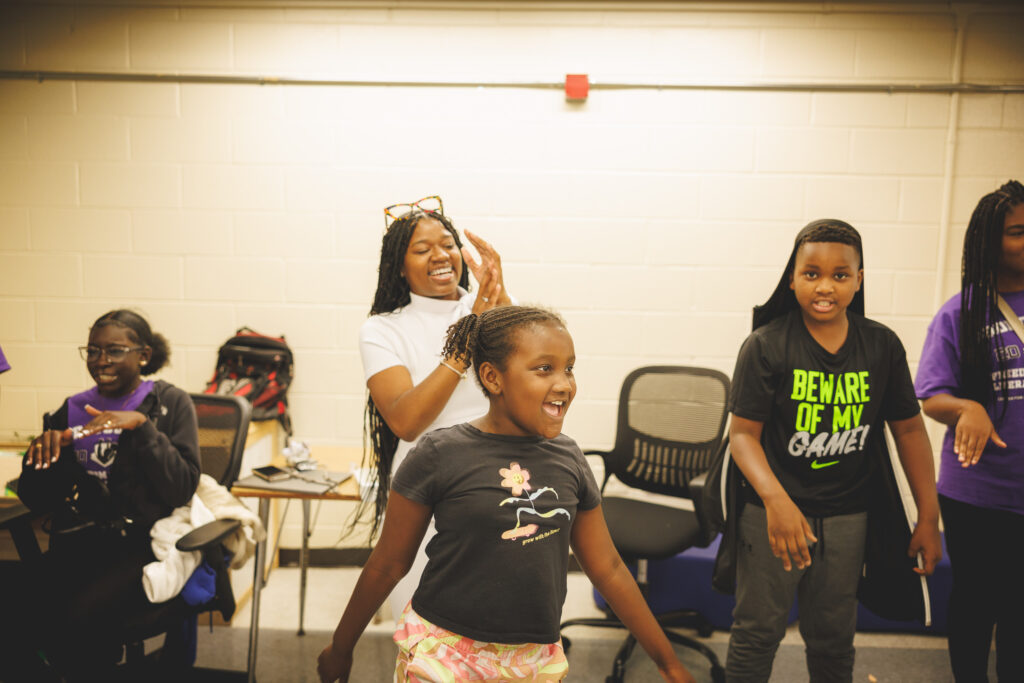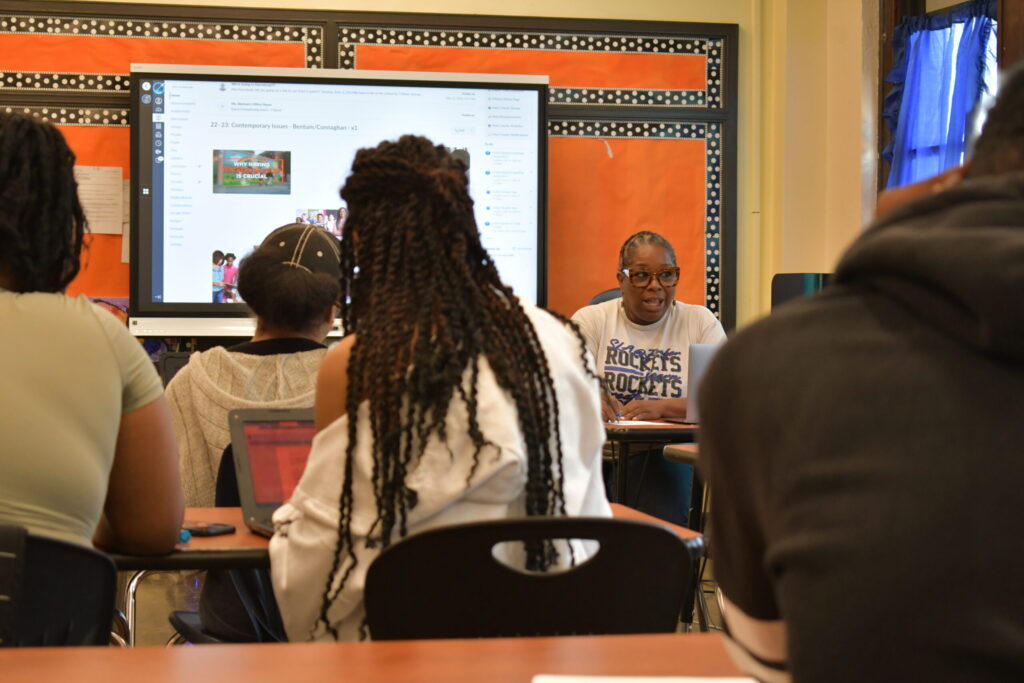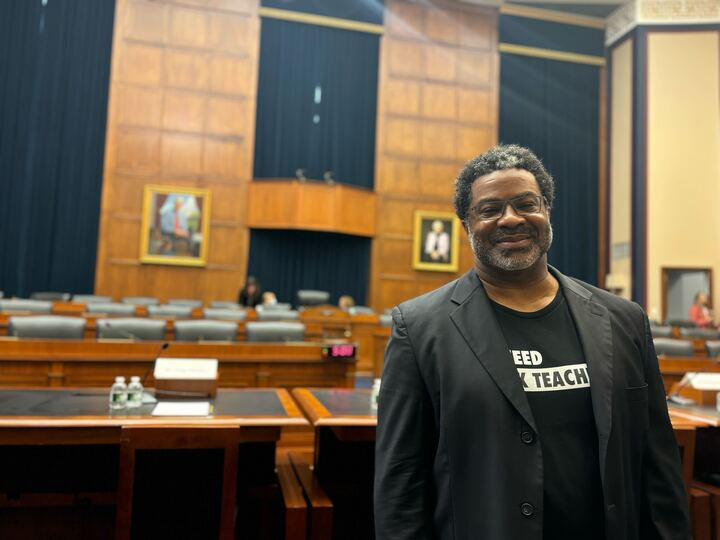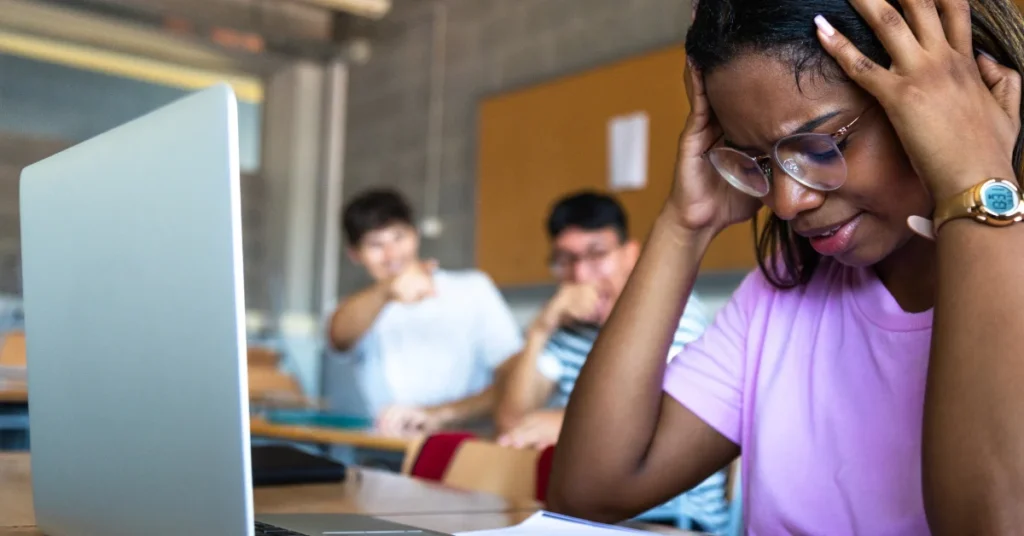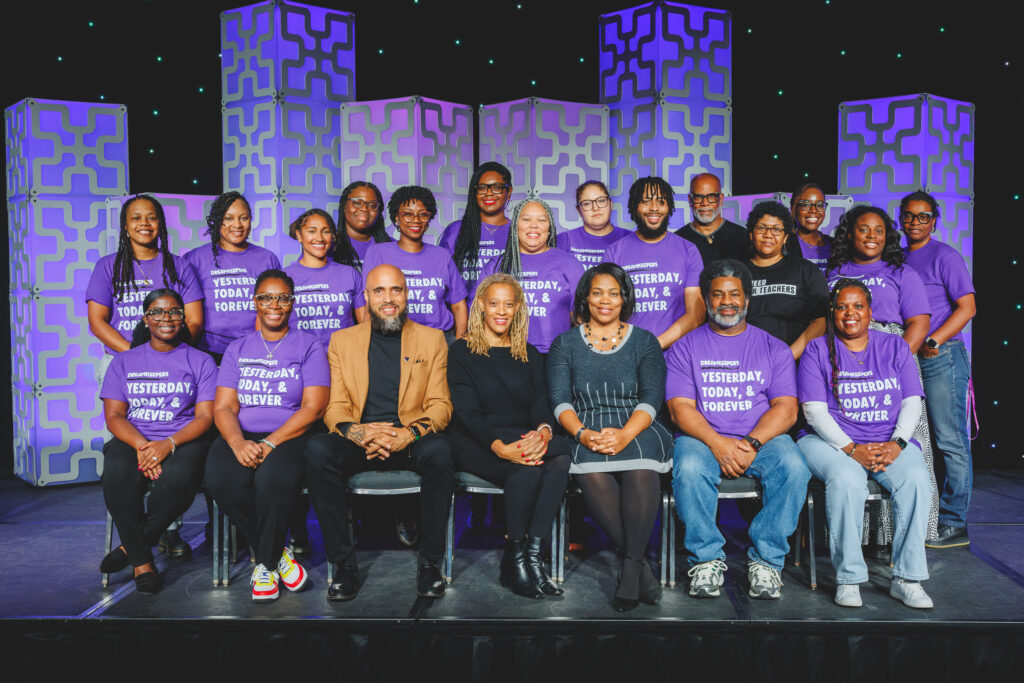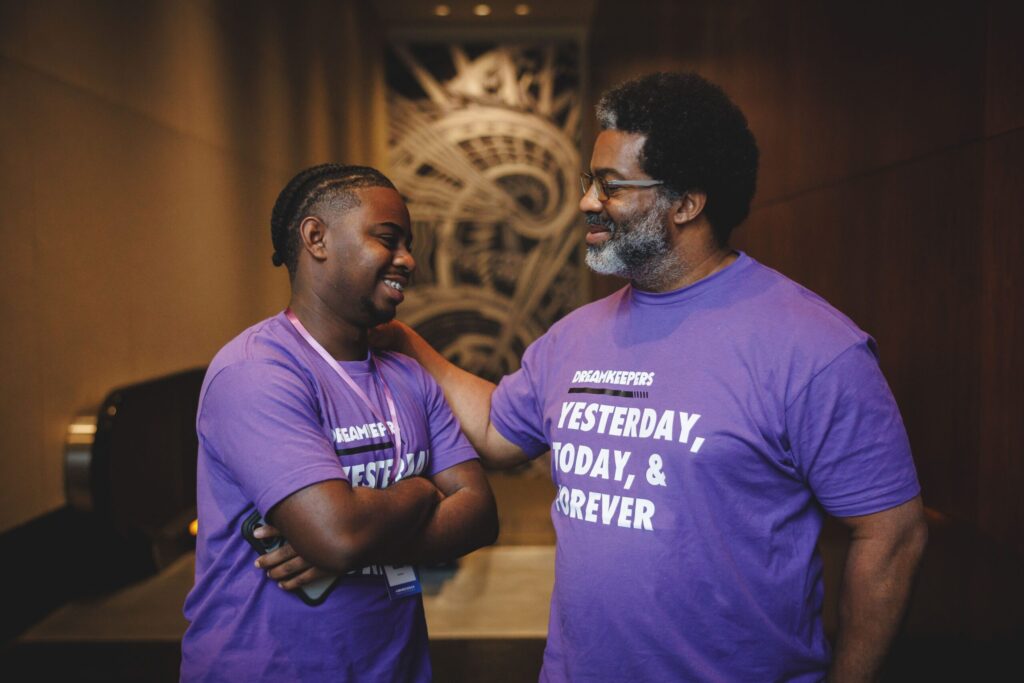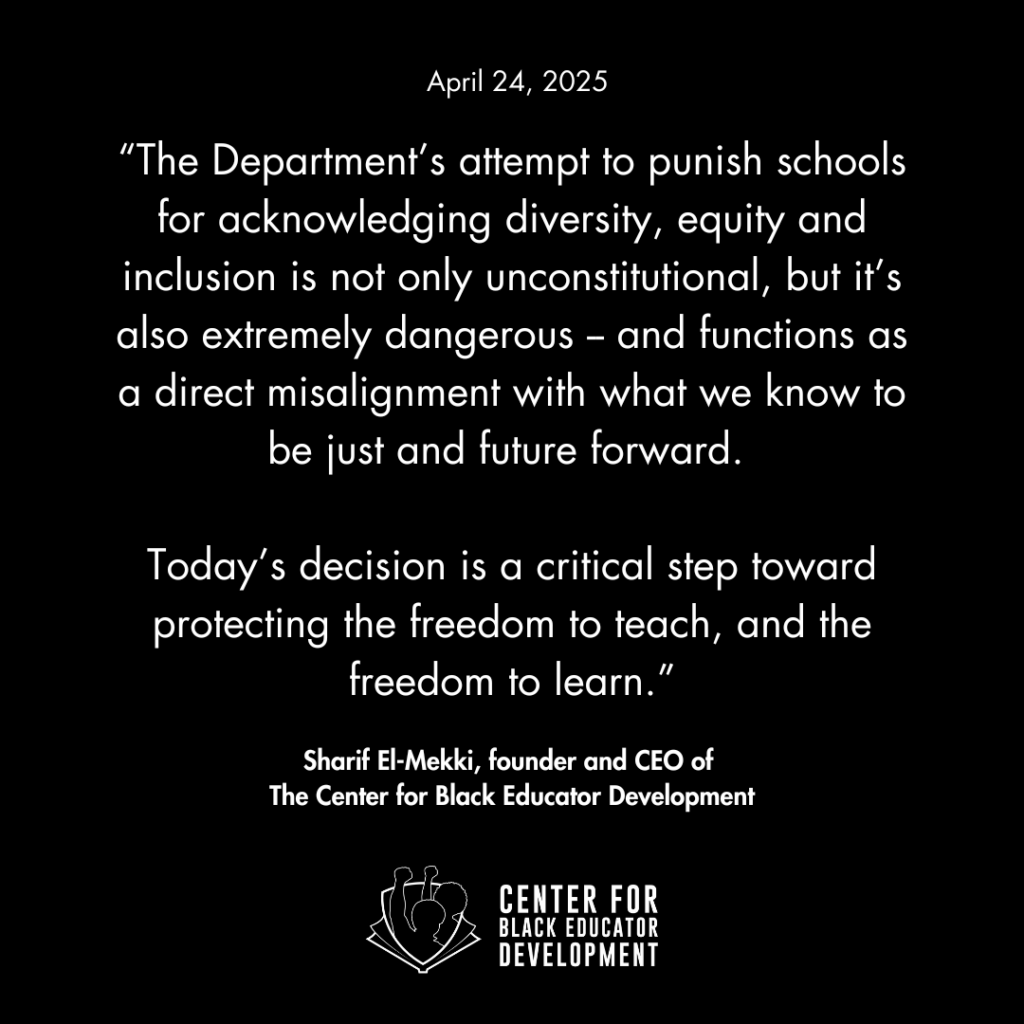Black girls, I see you | Opinion
A recent report confirmed what educator Njemele Tamala Anderson already knew: The nation's teachers over discipline and more severely punish Black girls than girls of any other racial background.
By: Njemele Tamala Anderson, For The Inquirer
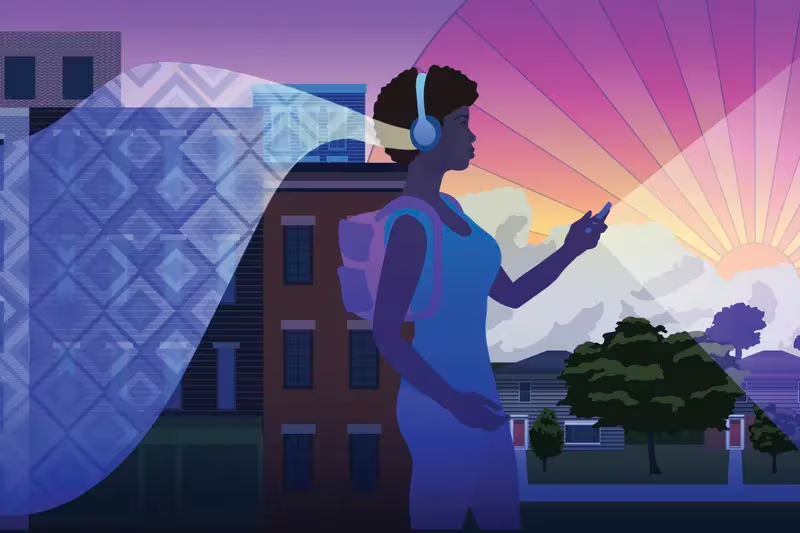
Black girls, I see you.
Know, understand, and embrace the power of all your flyness and magic. You carry the legacy of phenomenal Black women who, throughout history, faced their fears with courage and determination, doing what needed to be done.
You are amazing beyond measure. Never let rolling eyes or a sneer defeat you because you're bigger than all of it. You can do anything and everything you put your mind to.
Indeed, in a world where Black girls are seen in their full humanity with unfettered promise, there would have been many other Black women seeking the highest office in the land before Vice President Kamala Harris, and it wouldn't have taken 99 tries before our city, Philadelphia, raised up our first Black woman as mayor.
Need more proof? Look no further than a recent, searing report from the federal Government Accountability Office.
It laid bare what many of us - especially lifelong Black educators like me - have known in our hearts for generations: Our nation's teachers, who are mostly white, even as the classrooms they lead are becoming increasingly diverse, overdiscipline and more severely punish Black girls than girls of any other racial background.
Teachers: Too many of you dehumanize Black girls.
The report acknowledges that racism and misogyny are likely causes. While I agree, this rhetoric can absolve educators of individual responsibility. Worse, it gives cover to those protesting that these are abstractions that don't apply to them and their classrooms.
So allow me to say it more plainly. Teachers: Too many of you dehumanize Black girls. In fact, you are "othering" them to the point of demonization.
Teachers, for you to do your job well, whatever your subject matter, we need to better prepare you by, among other things, helping you unlearn things you've been taught. To engage in "culturally relevant teaching," as researcher and theorist Gloria Ladson-Billings writes, teachers need to "examine the central aspects of their own or the predominant American culture" and its "intrinsic assumptions."
Once you do, you will start to see how schools, as microcosms of society, dominate and subdue Black girls, subjecting them to harsher discipline and more frequent suspensions and expulsions. The criminalization of Blackness starts as early as preschool, where Black toddlers don't differ from their white peers in their behaviors, just the level of melanin in their skin.
Only by becoming socially and politically aware can a teacher choose to become "an agent of change" over a "defender of the status quo," writes Ladson-Billings. We must dispel tropes that deny the humanity of our Black girls - like the one that adultifies and frames them as innately angry.
When a Black girl tells me she has "anger issues," I respond by saying: "Someone said that about you. Now, are you trying to live up to that? Because you don't have anger issues. Check those who are trying to break you."
The dehumanization of Black girls (and Black boys) - and their rightful rage in response - has a long legacy in this country. It is an unfortunate part of our national DNA. The "genome editing" required to eradicate this particular sequence requires real work, and a lot of sincere introspection coupled with earnest activism, especially in places that should be temples to our wisdom: our schools.
Why is it so hard for teachers to see that our Black girls' perceived anger is a form of revolt "simply because... [they] can no longer breathe," as political philosopher Frantz Fanon wrote?
And why is it the responsibility of Black girls, and not their teachers, to put a stop to what Michelle Obama calls the "circular logic" and these stereotypical "traps" by listening to them harder - rather than forcing them to get louder?
Educators and school administrators, as the Center for Black Educator Development espouses in promoting antidiscriminatory mindsets, give our Black girls the space to be heard and seen, their worth and feelings recognized. Ensure schools are safe spaces for them to learn. As their teachers, if you keep playing negative stereotypes about them, they will continue trying to defend themselves against your suffocating prejudices.
Whatever these young ladies bring, approach from a place of genuine concern. Whether you teach them or not, say hello and check in to see how they are doing. Are they eating and sleeping well and able to manage their schoolwork?
See them. Seek their trust.
Black girls: Look to the heroines in your own families.
If your mother can't make it to the parent-teacher conference because she's working late, see the power and resilience in that. Don't buy and internalize dangerous messages being peddled in our communities about family dysfunction, deficiency, and pathology.
Black girls: Look to the heroines in your own families.
Personal resilience is a trait to honor and aspire to. But it should never be a requirement, nor the only possible path forward for any Black girl who simply wants to live, grow, receive a quality education, and do nothing more than live up to her potential.
Black girls, proudly and lovingly choose your identity, embracing an expansive view of Blackness, but as you think about the intersectionality of who you are as complex human beings, think also about the intersectionality of oppressive messages. Create your own narrative rooted in knowing your worth and value.
Teachers, can you see the destiny of Black girls is linked to your own?
If you truly believe in this vital linkage, then you can't help but engage in what Raphael Randall calls "liberatory education," and your job will become more than a job: A mission to pour into Black girls high expectations, academic excellence, cultural affirmation, and sociopolitical awareness so they can actualize their full genius and humanity and rightfully inherit the world we live in together.
In my English class, we wrote a rap about education. The hook is: "Teachers, are you on a job or a mission?/ Cuz our destinies are linked ... Are you a blessing or a curse?"
Be a blessing, and see our Black girls
Njemele Tamala Anderson is a veteran educator and a high school English teacher at Science Leadership Academy at Beeber. She serves on the University of Pennsylvania’s Philadelphia Writing Project Advisory Board and is a longtime contributor to the Center for Black Educator Development.
Find the original published story at TheInquirer.com.
